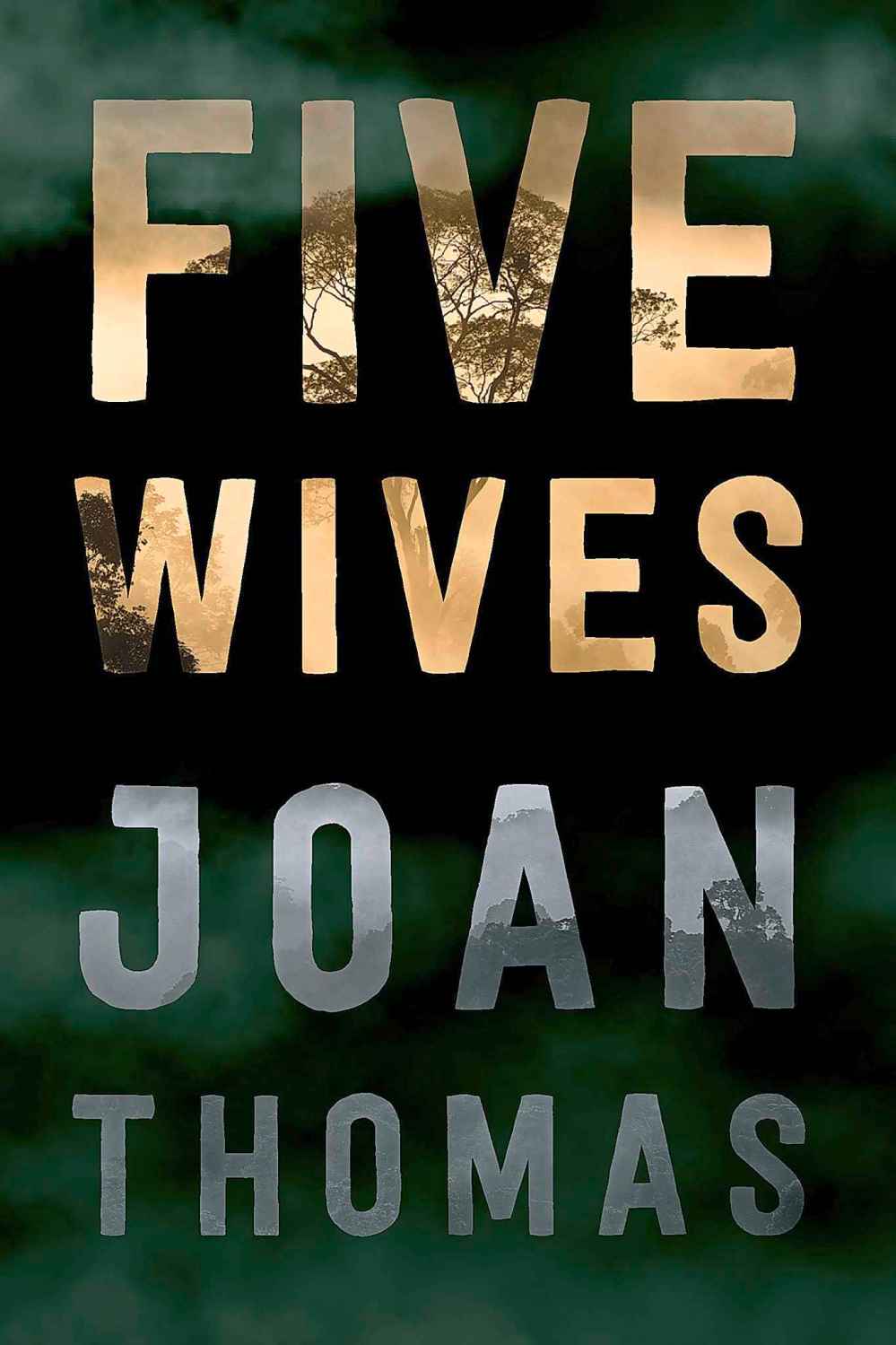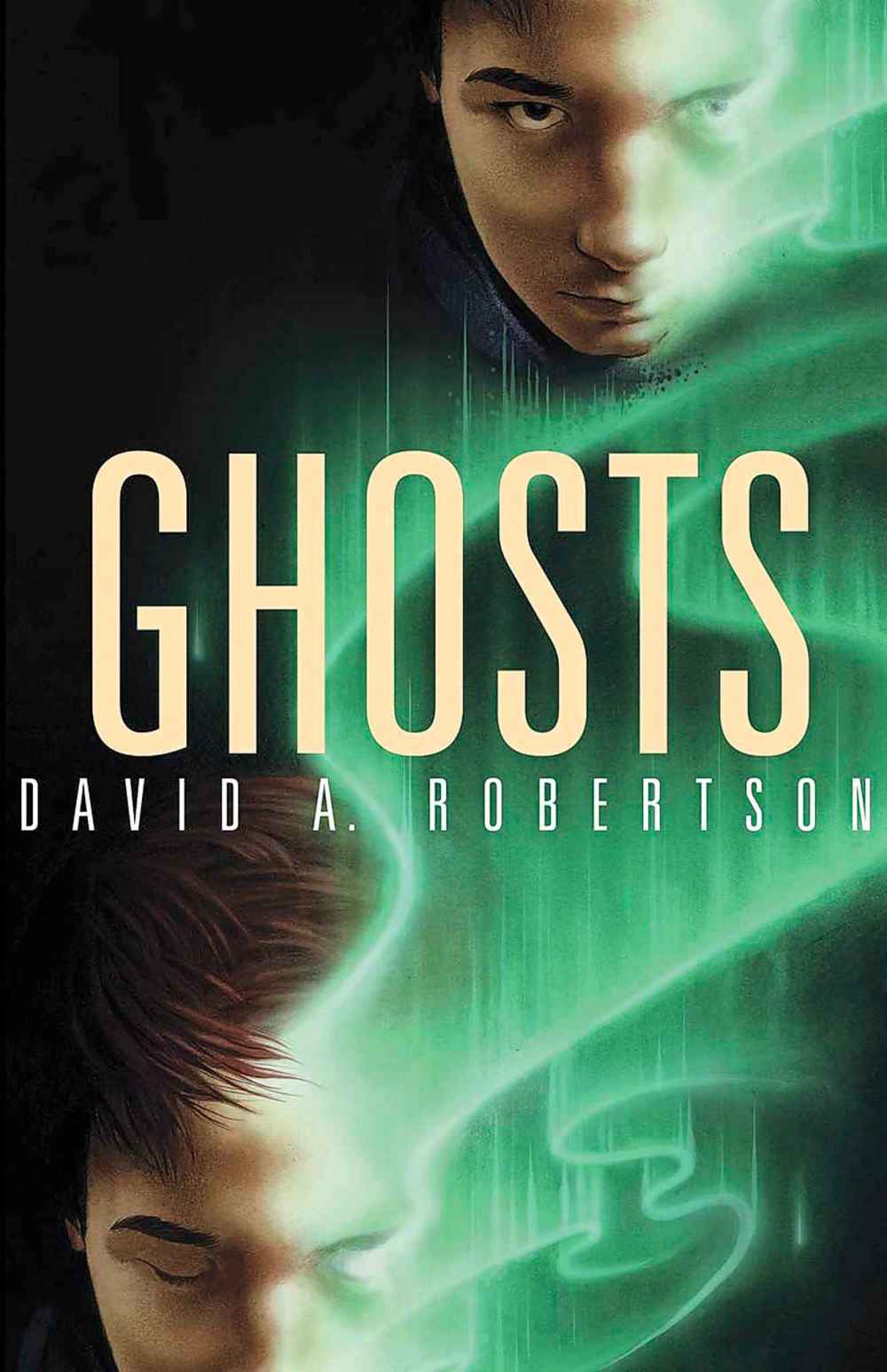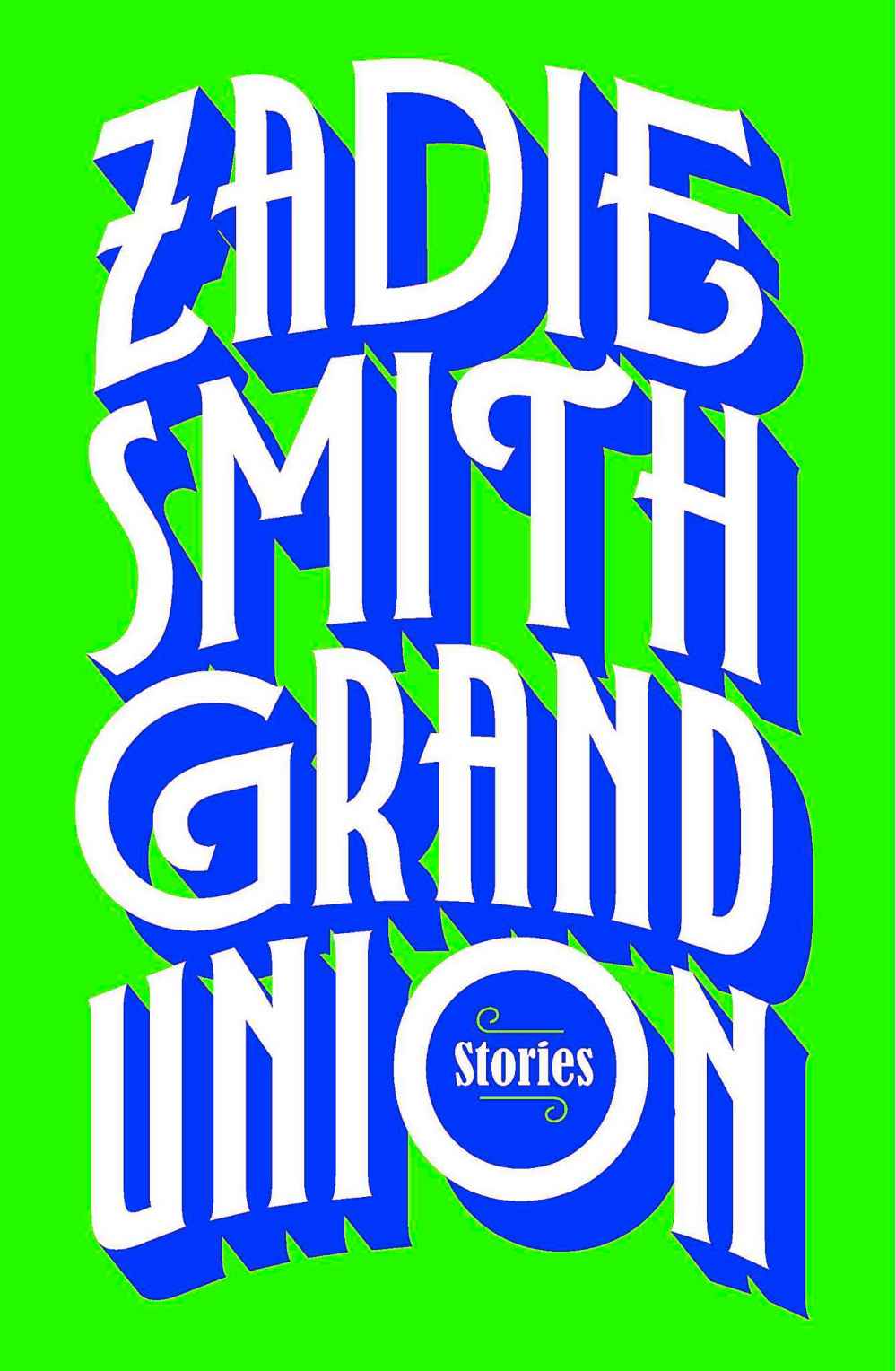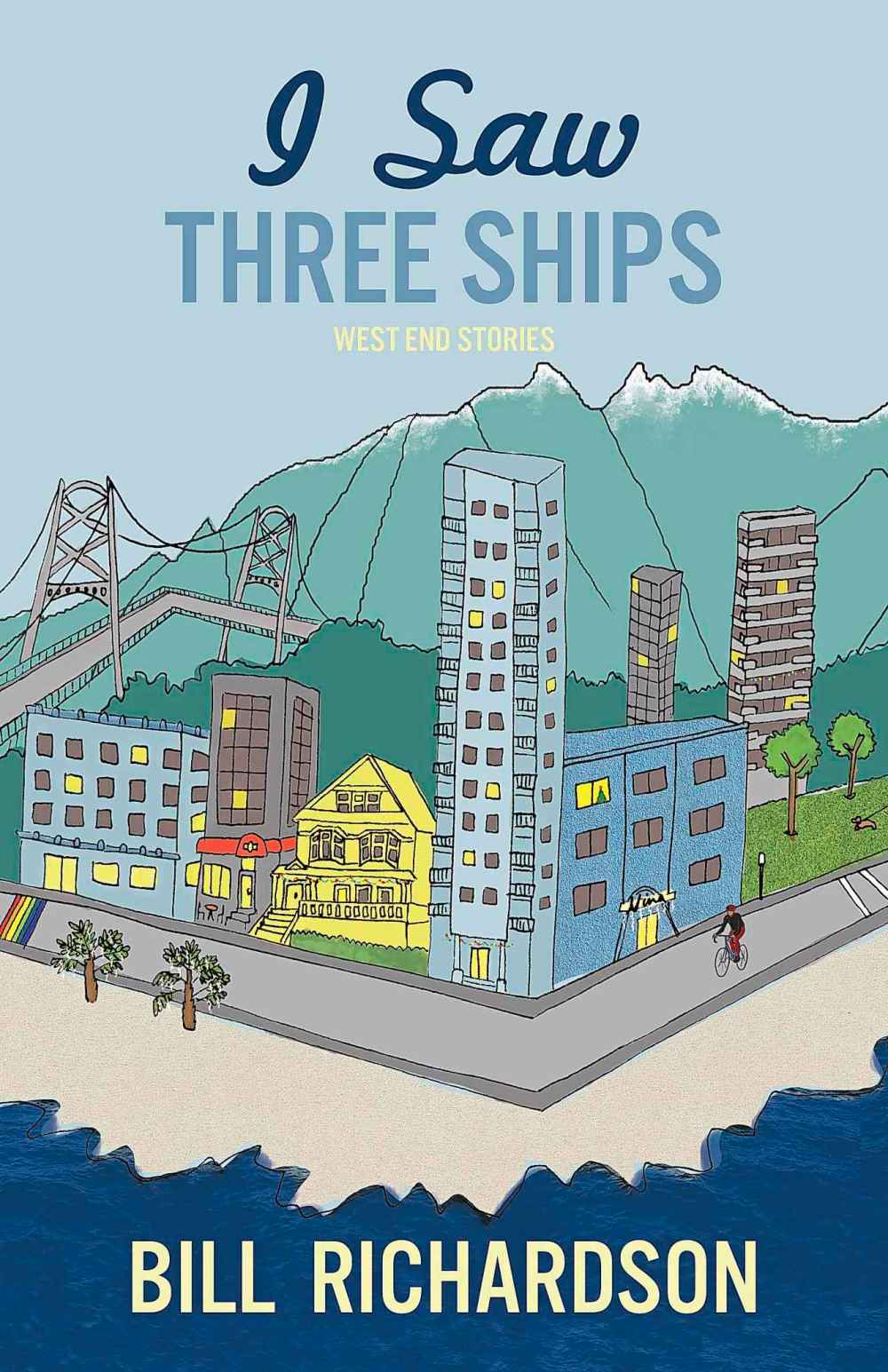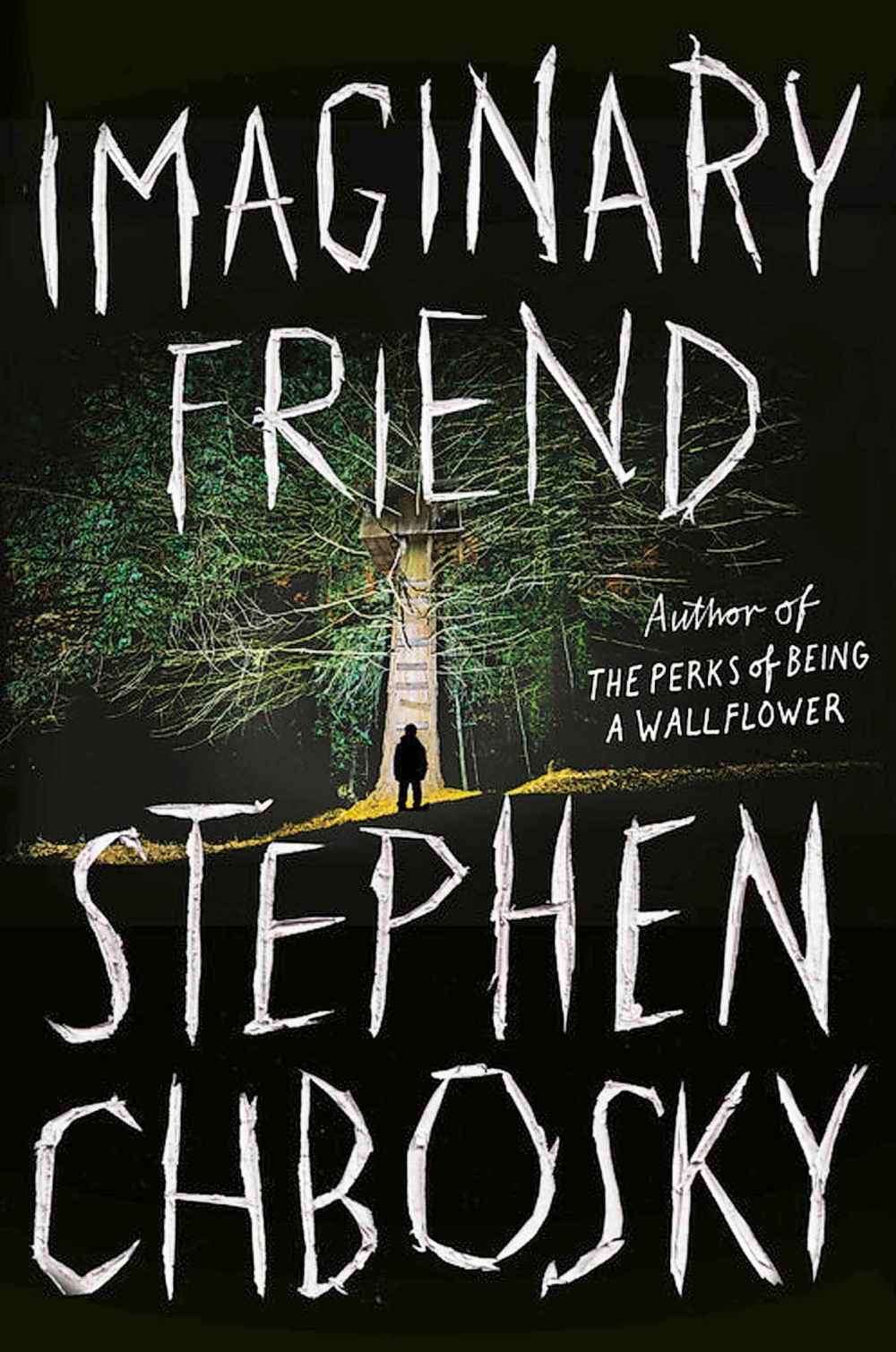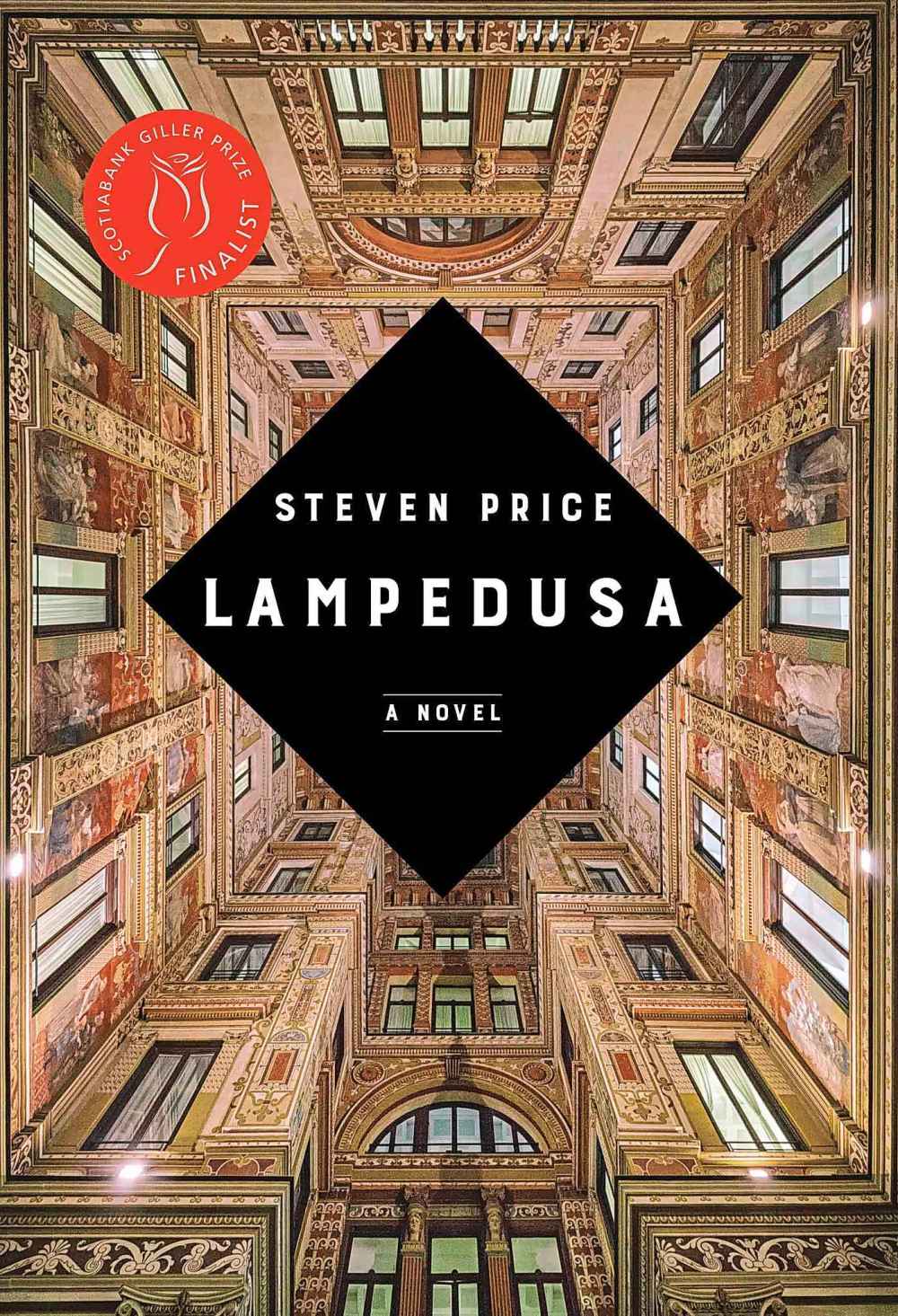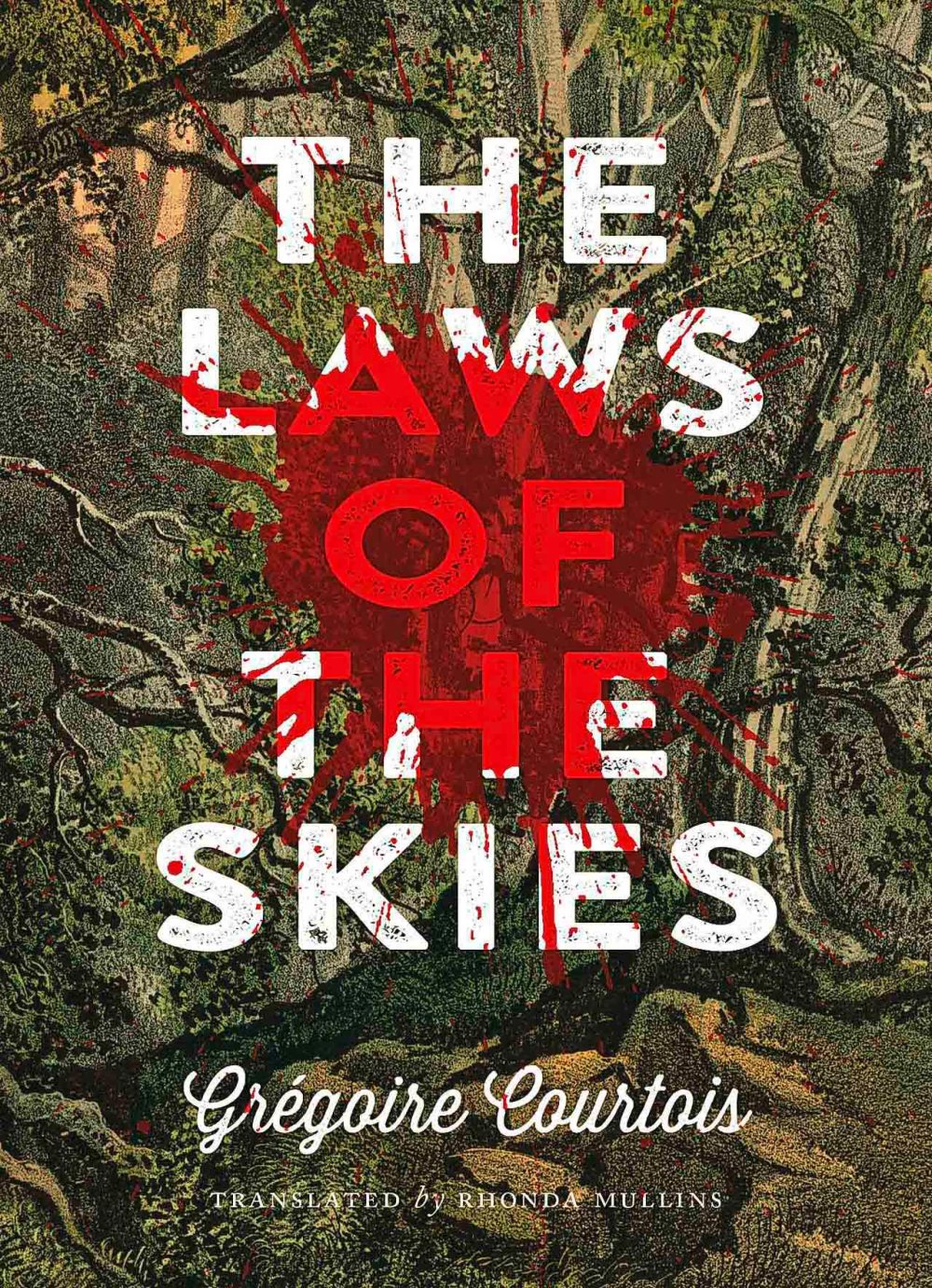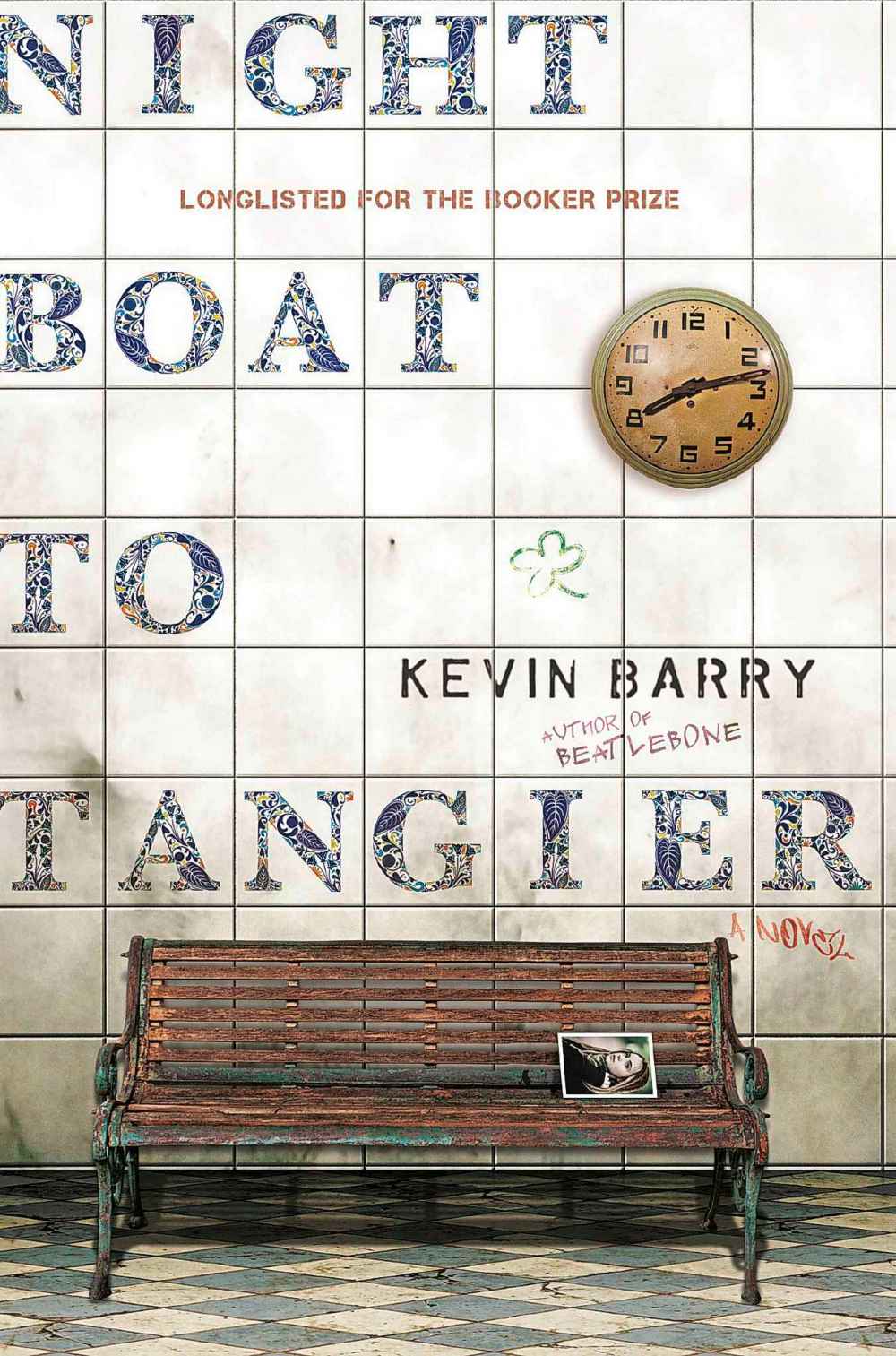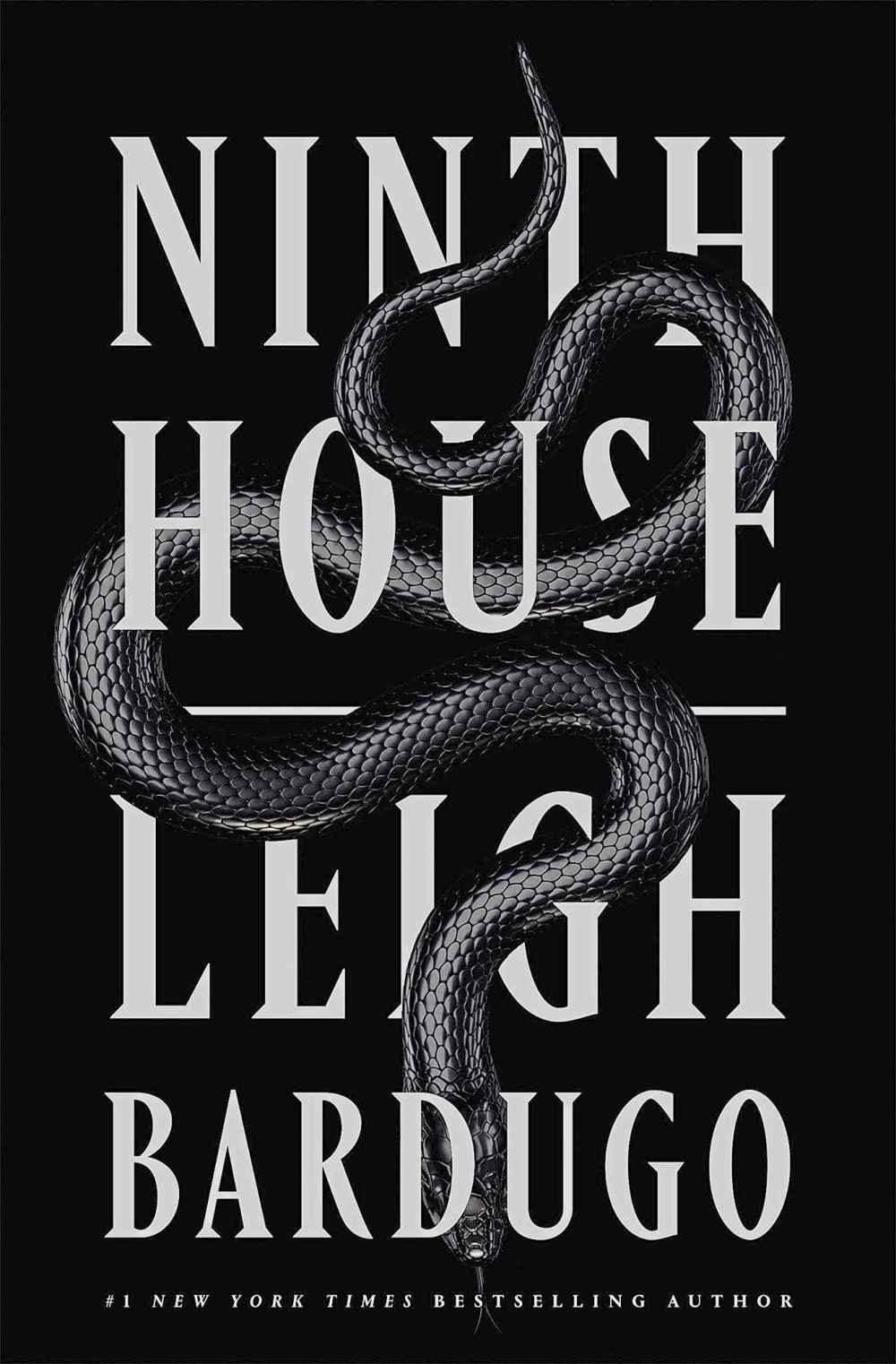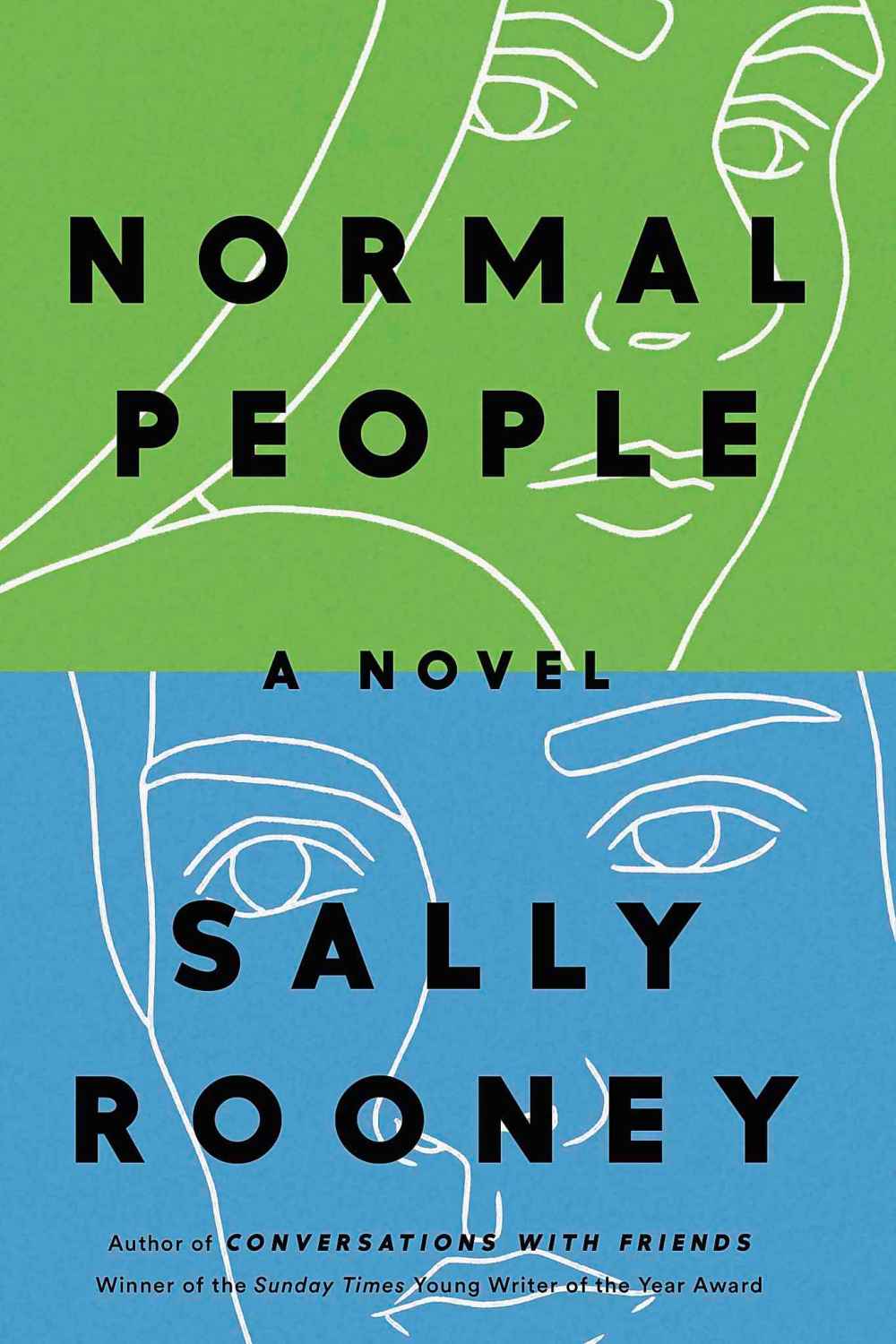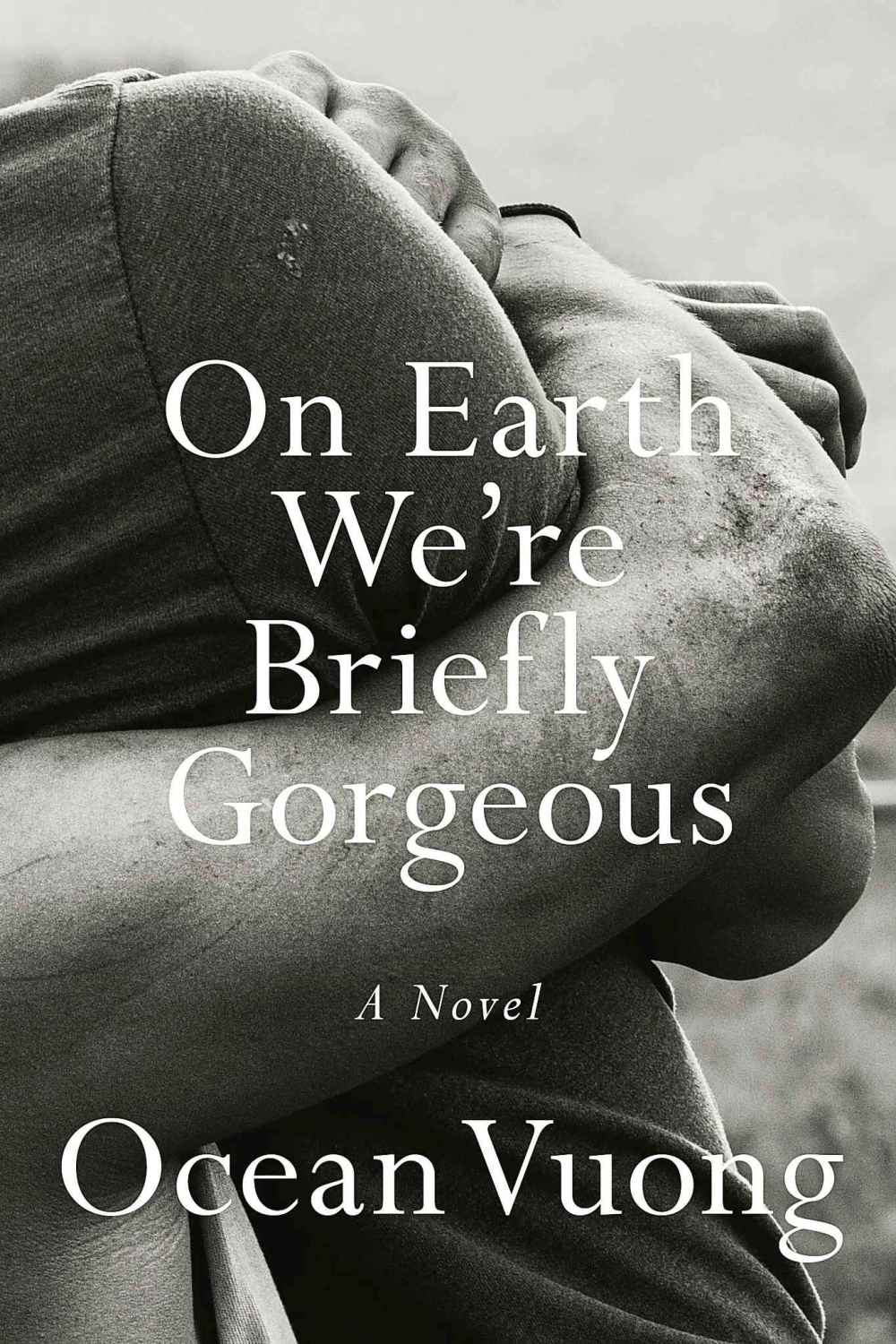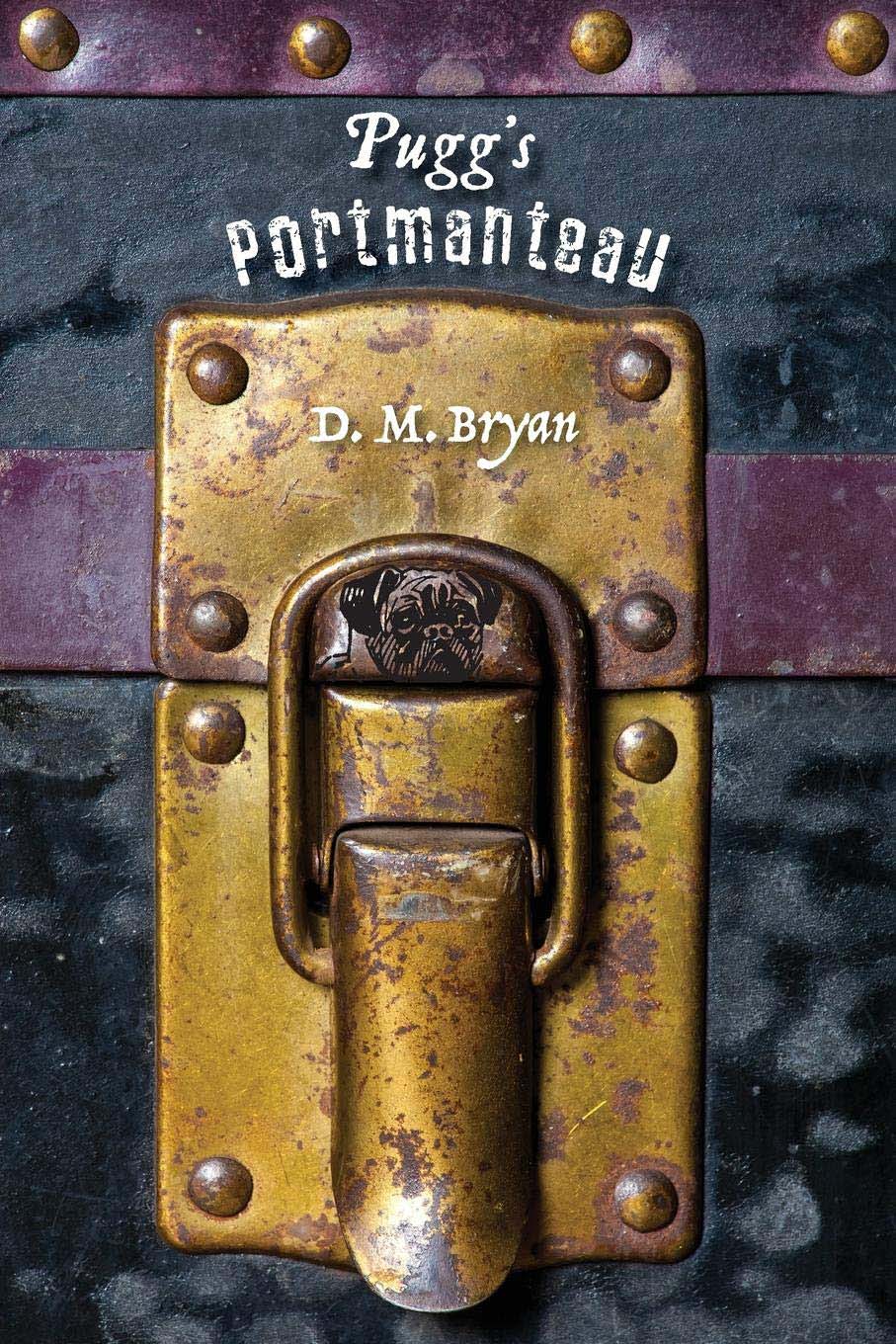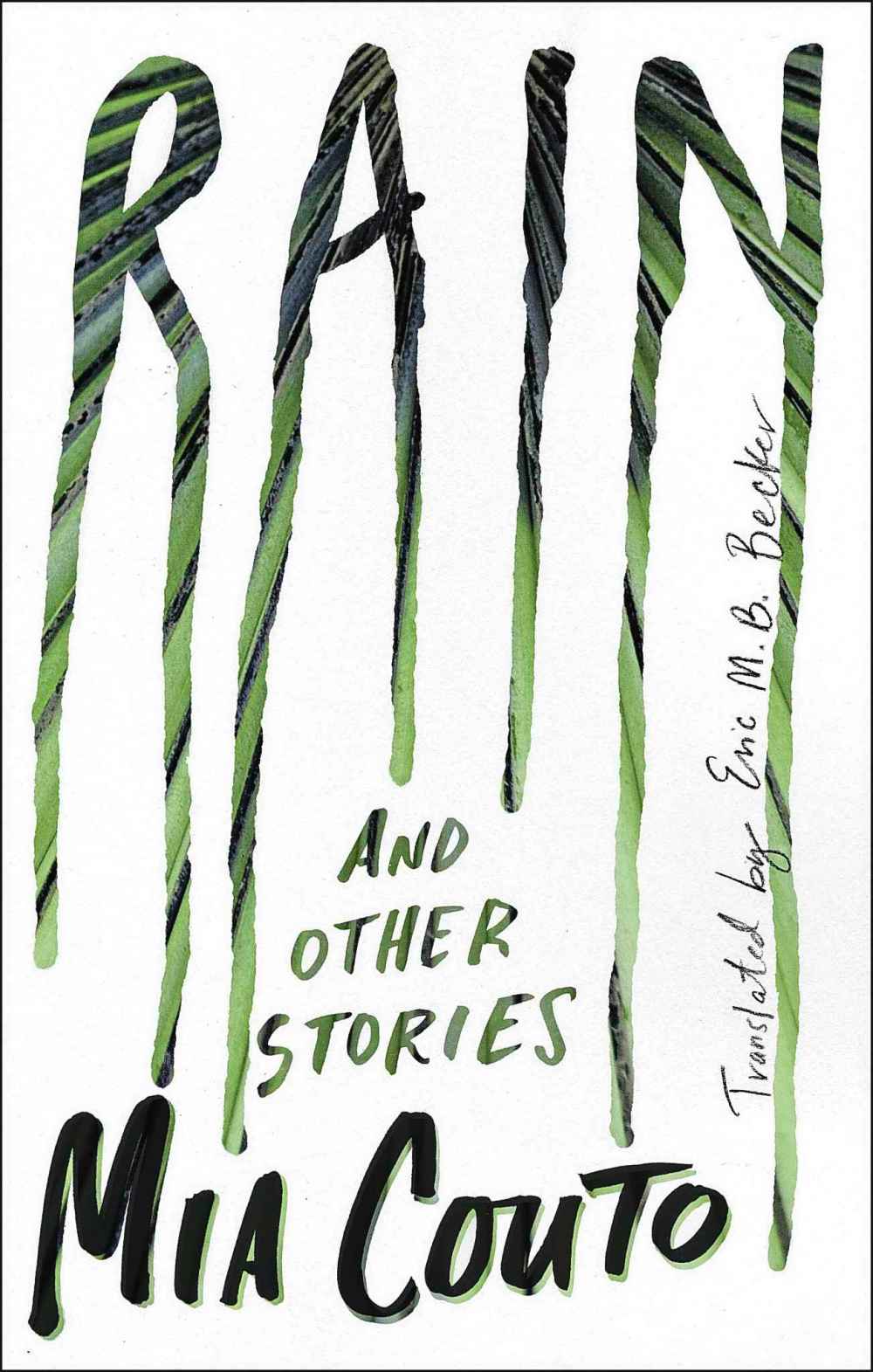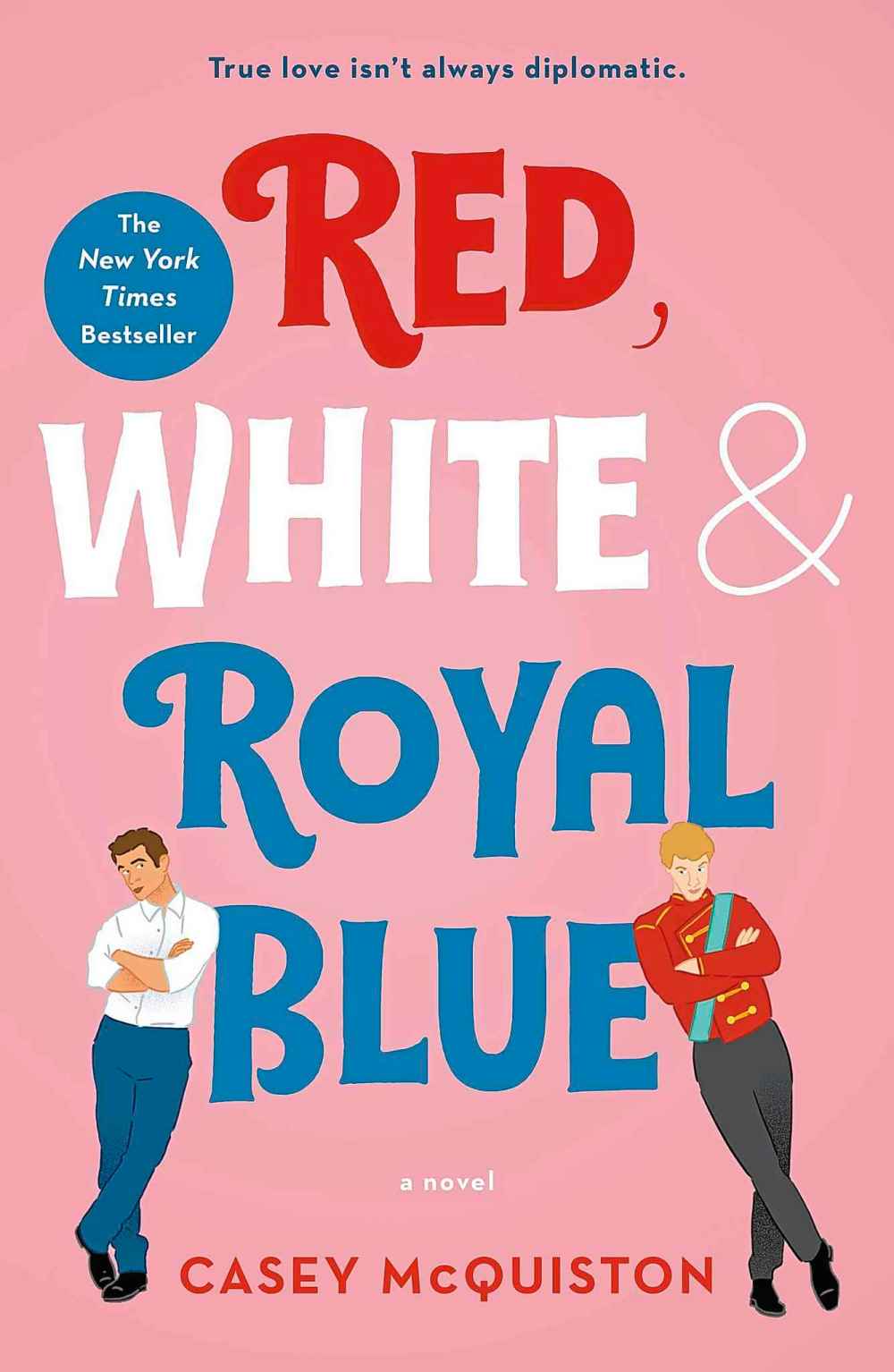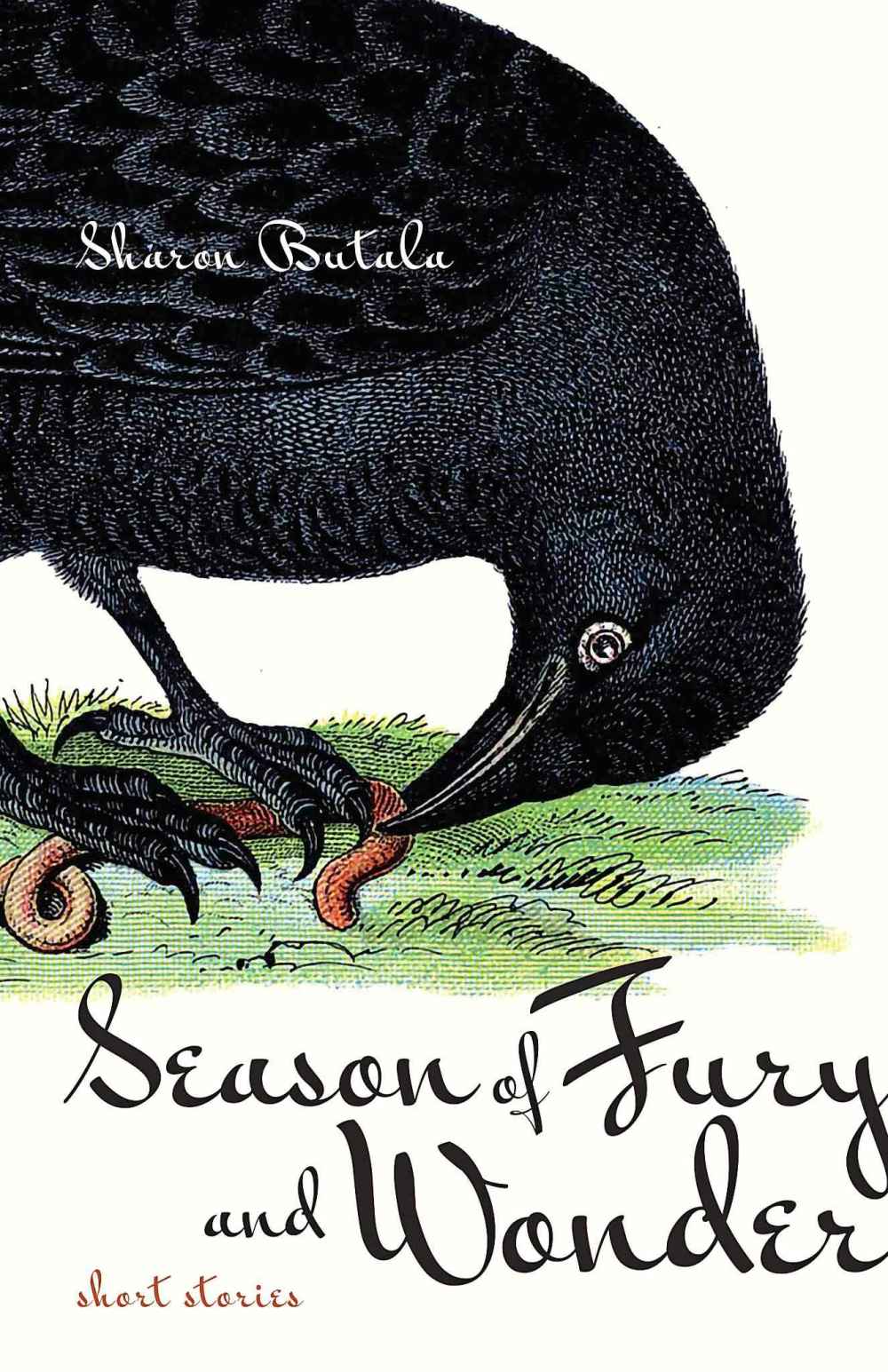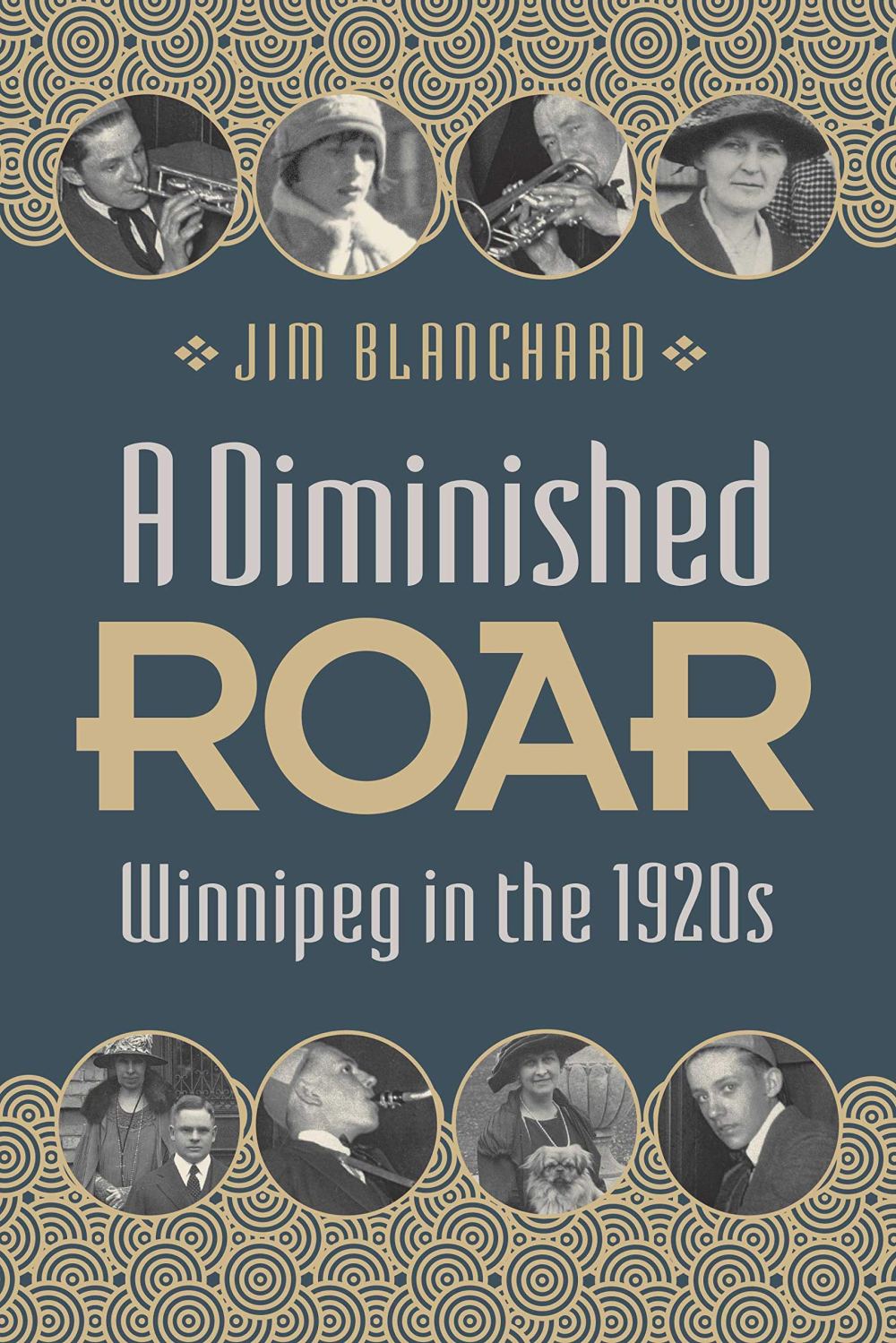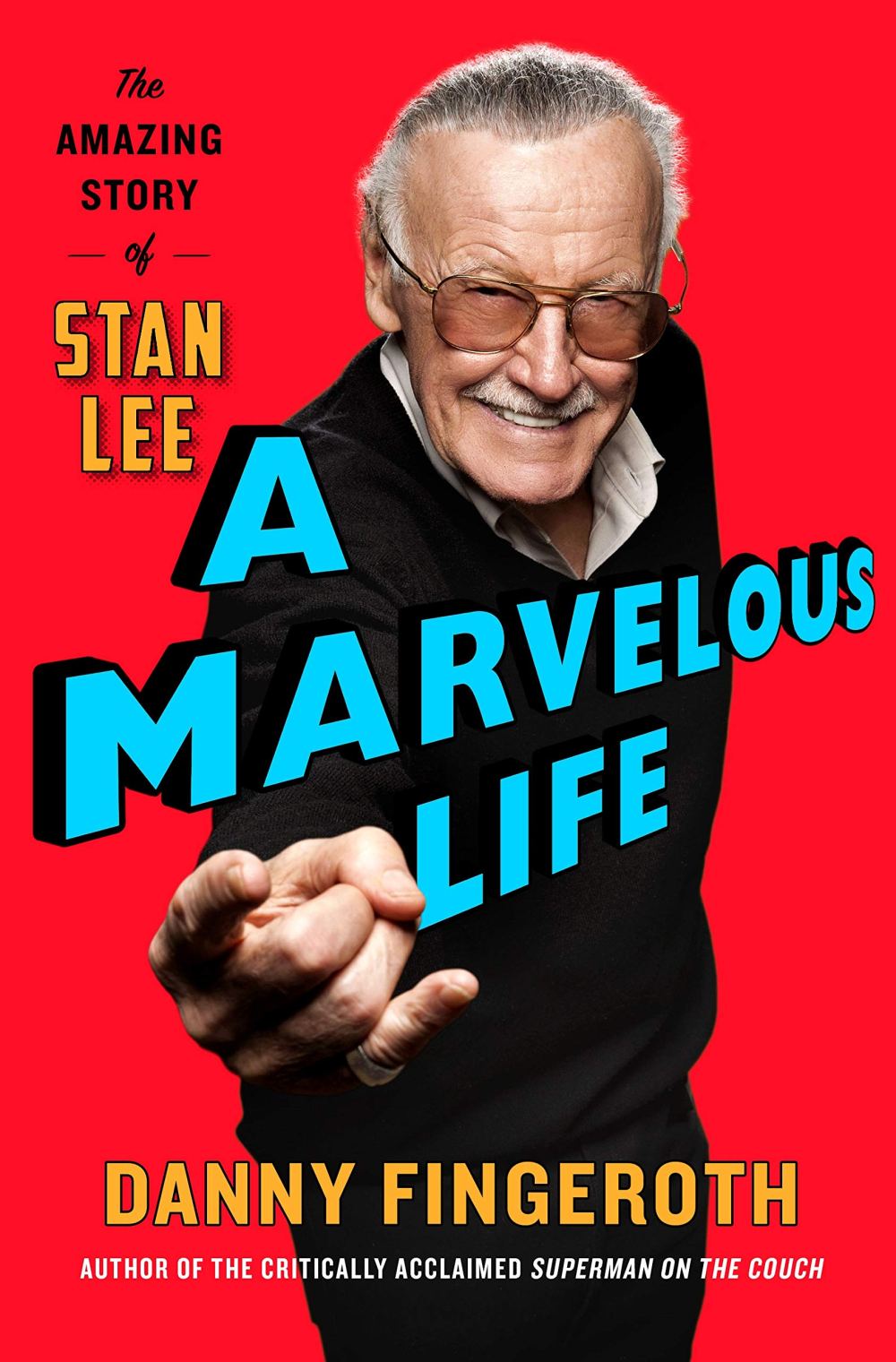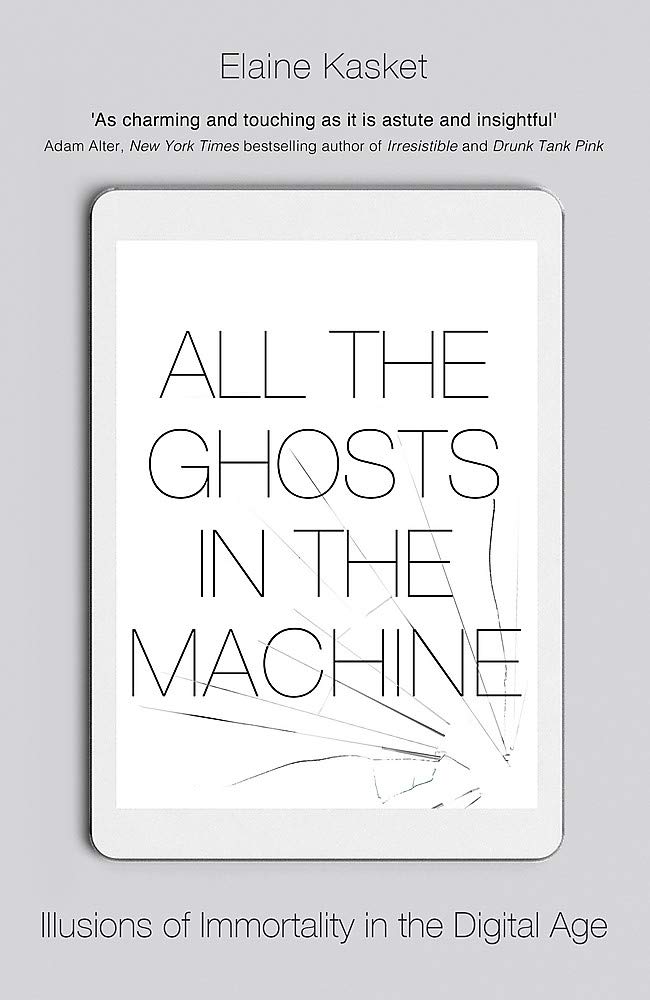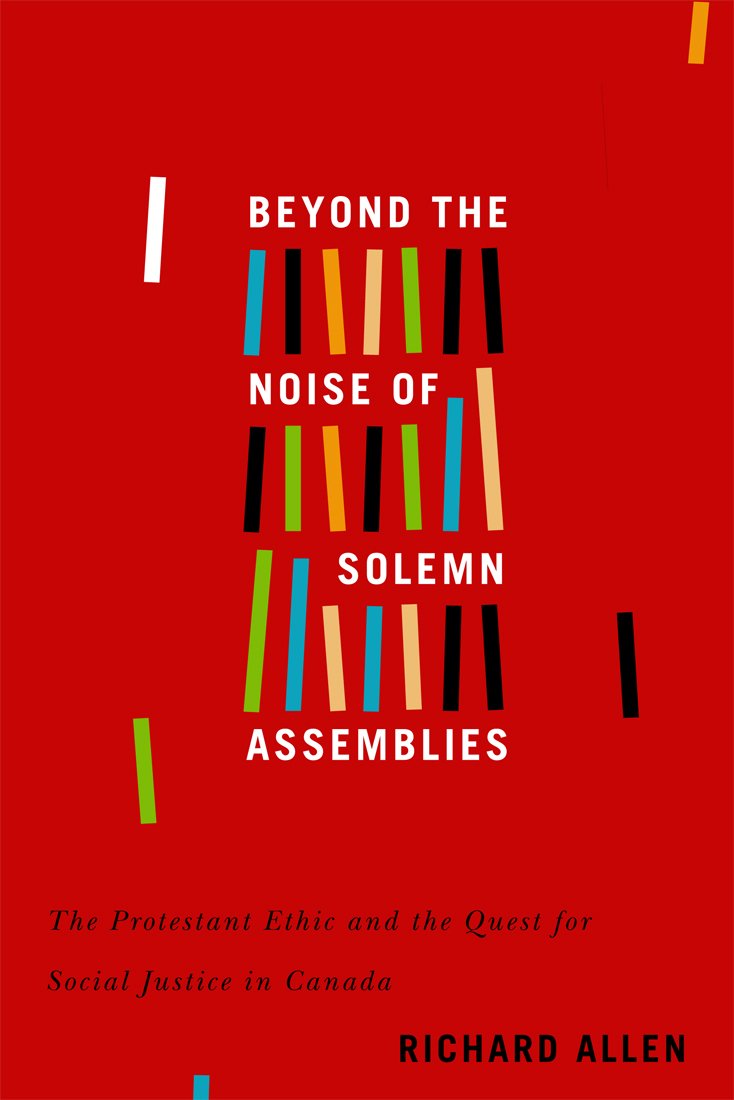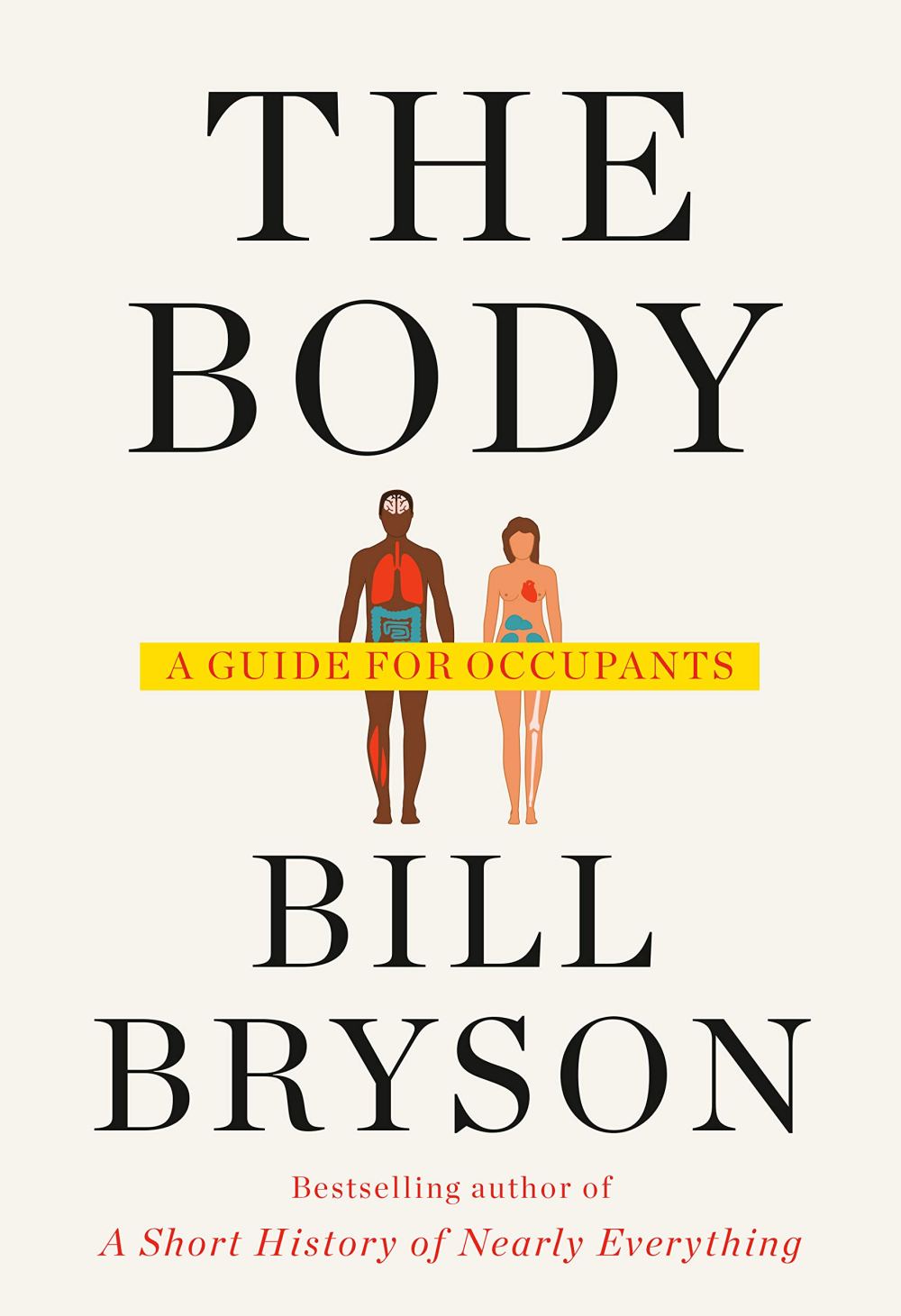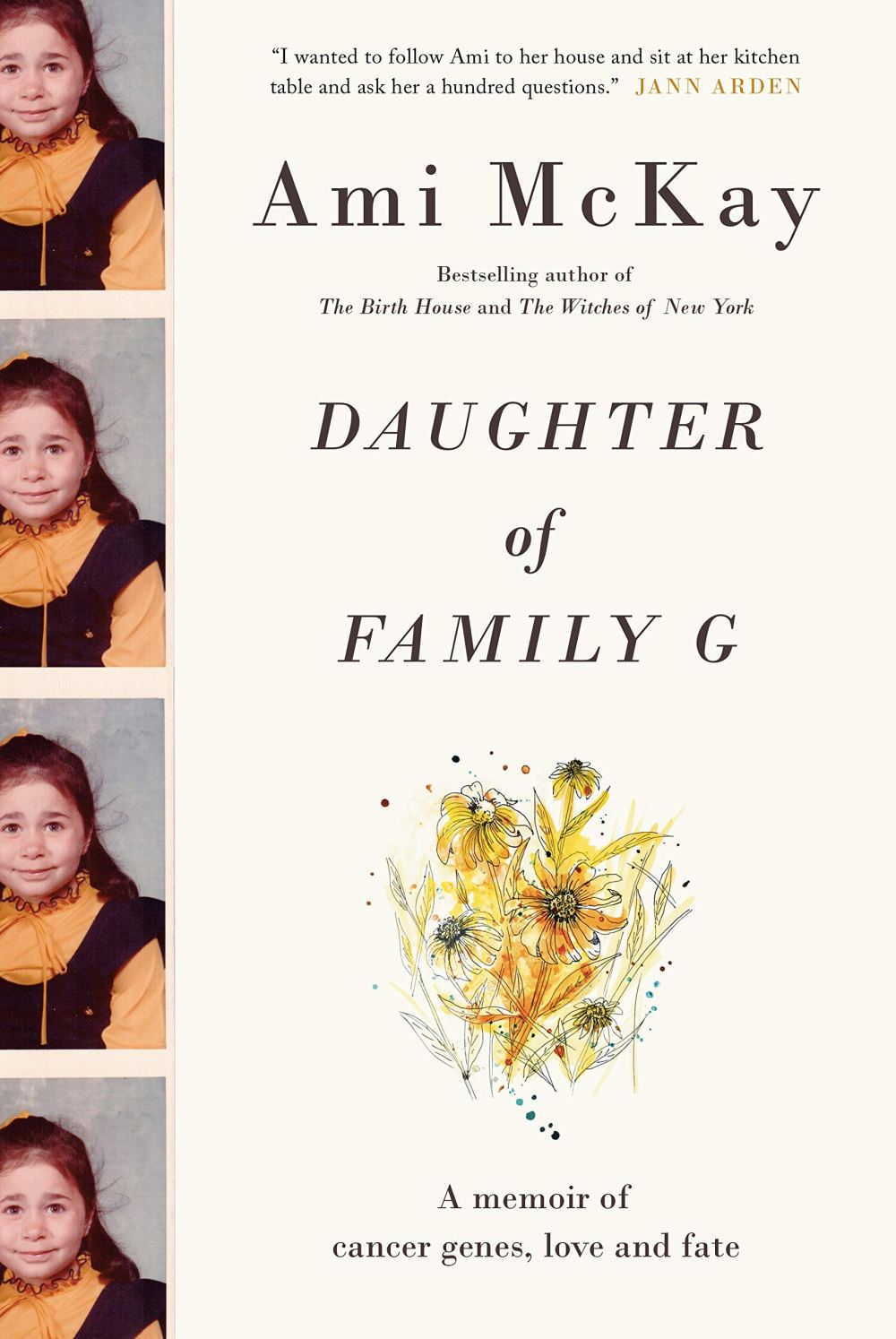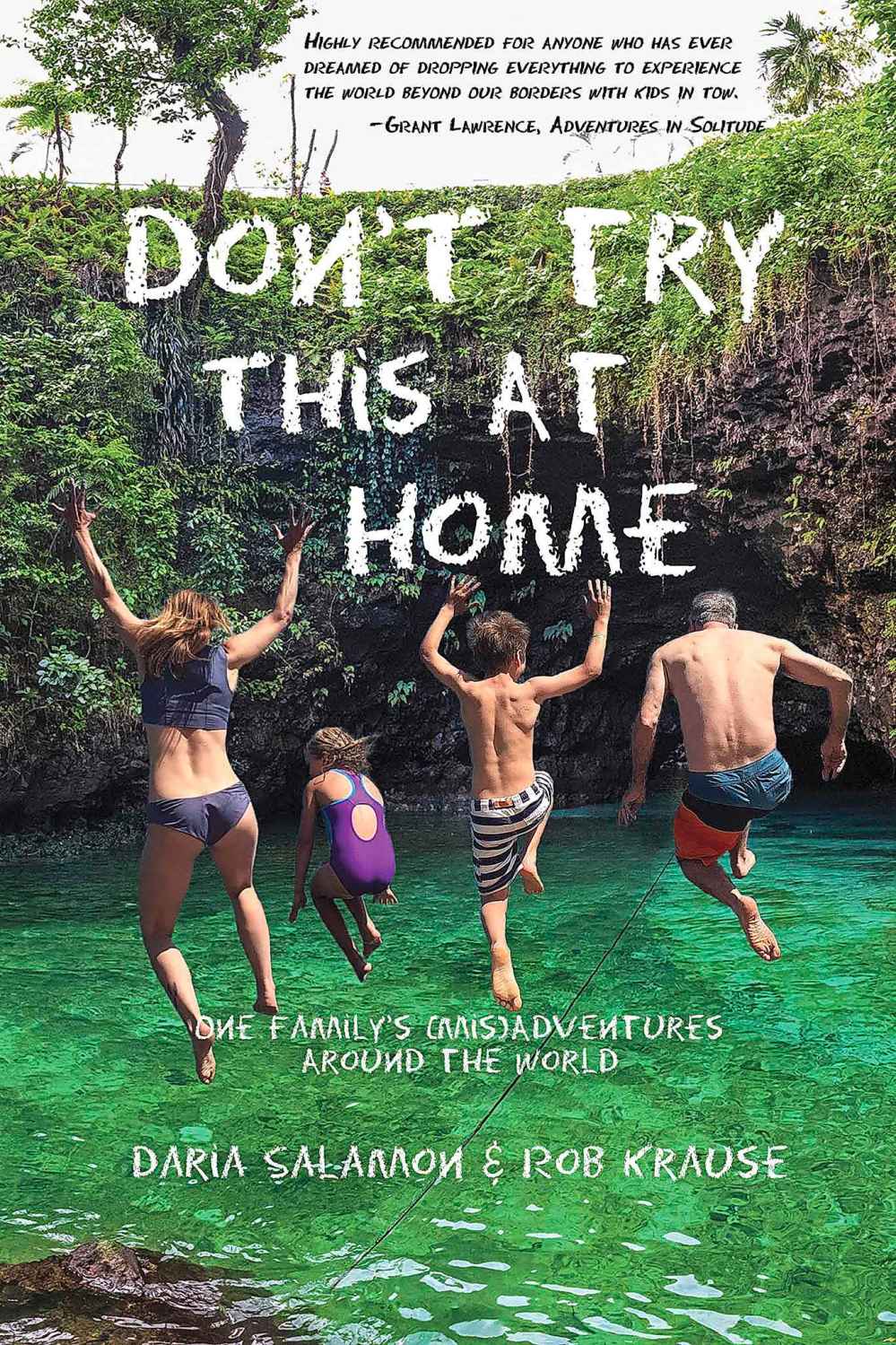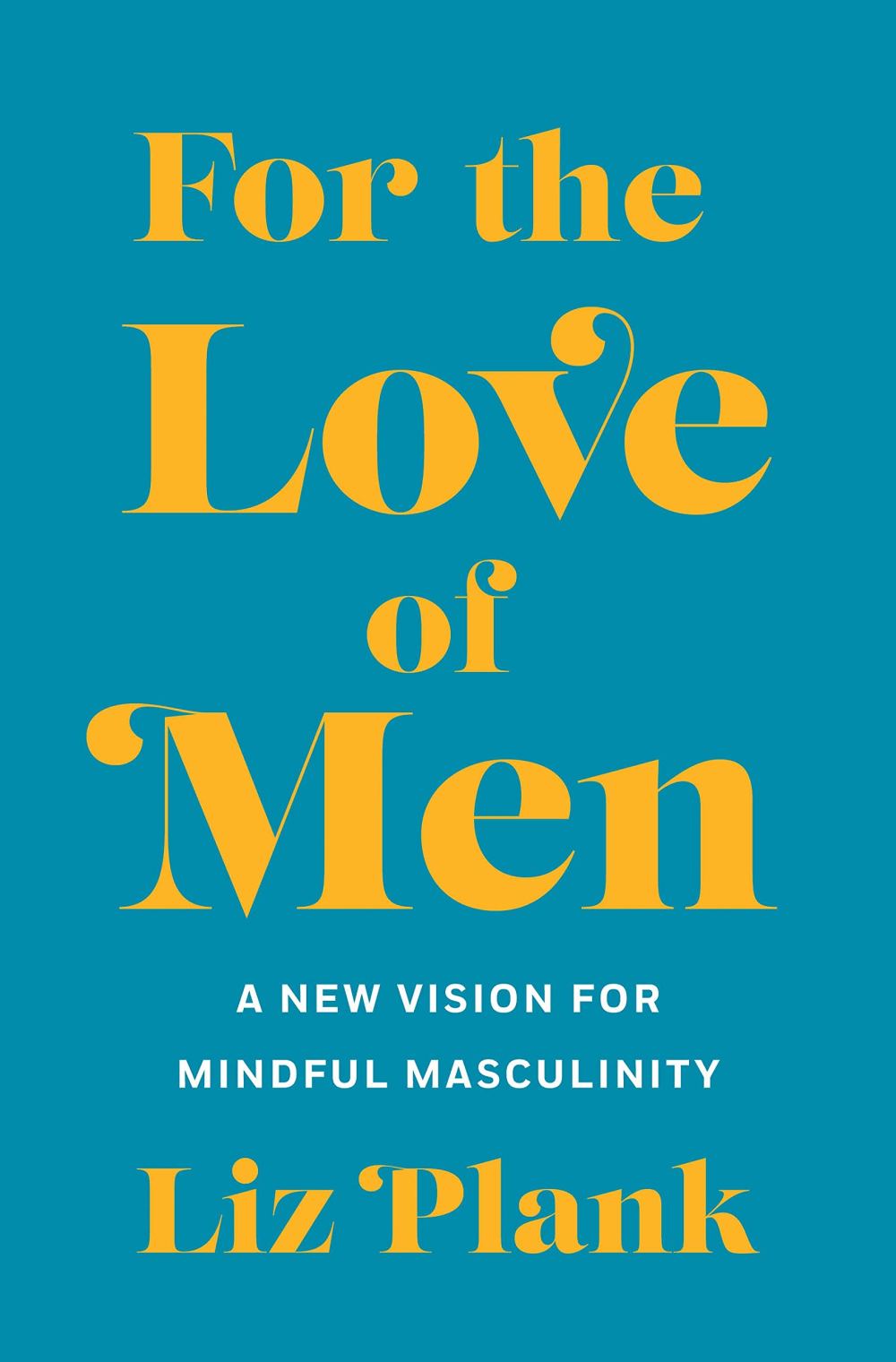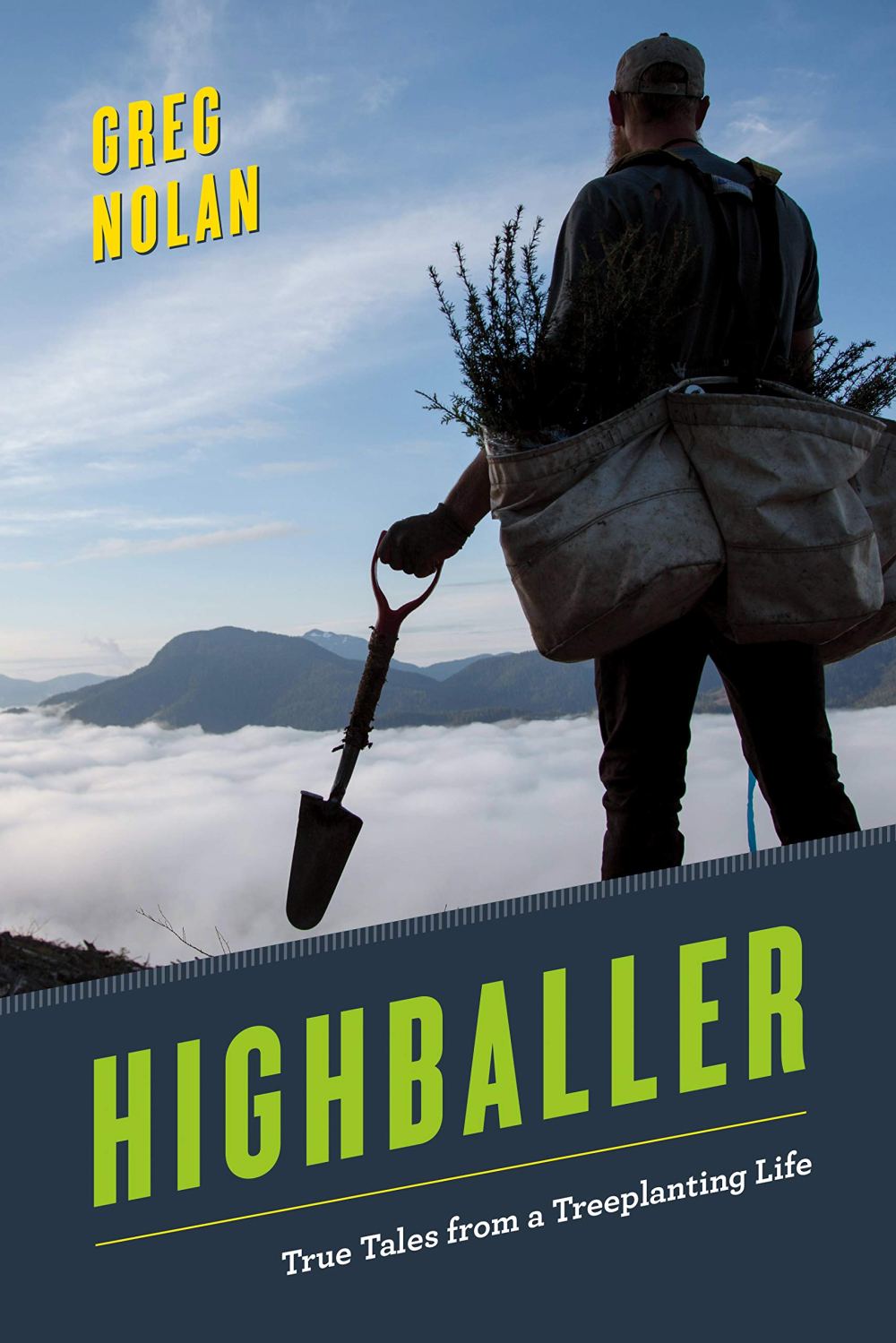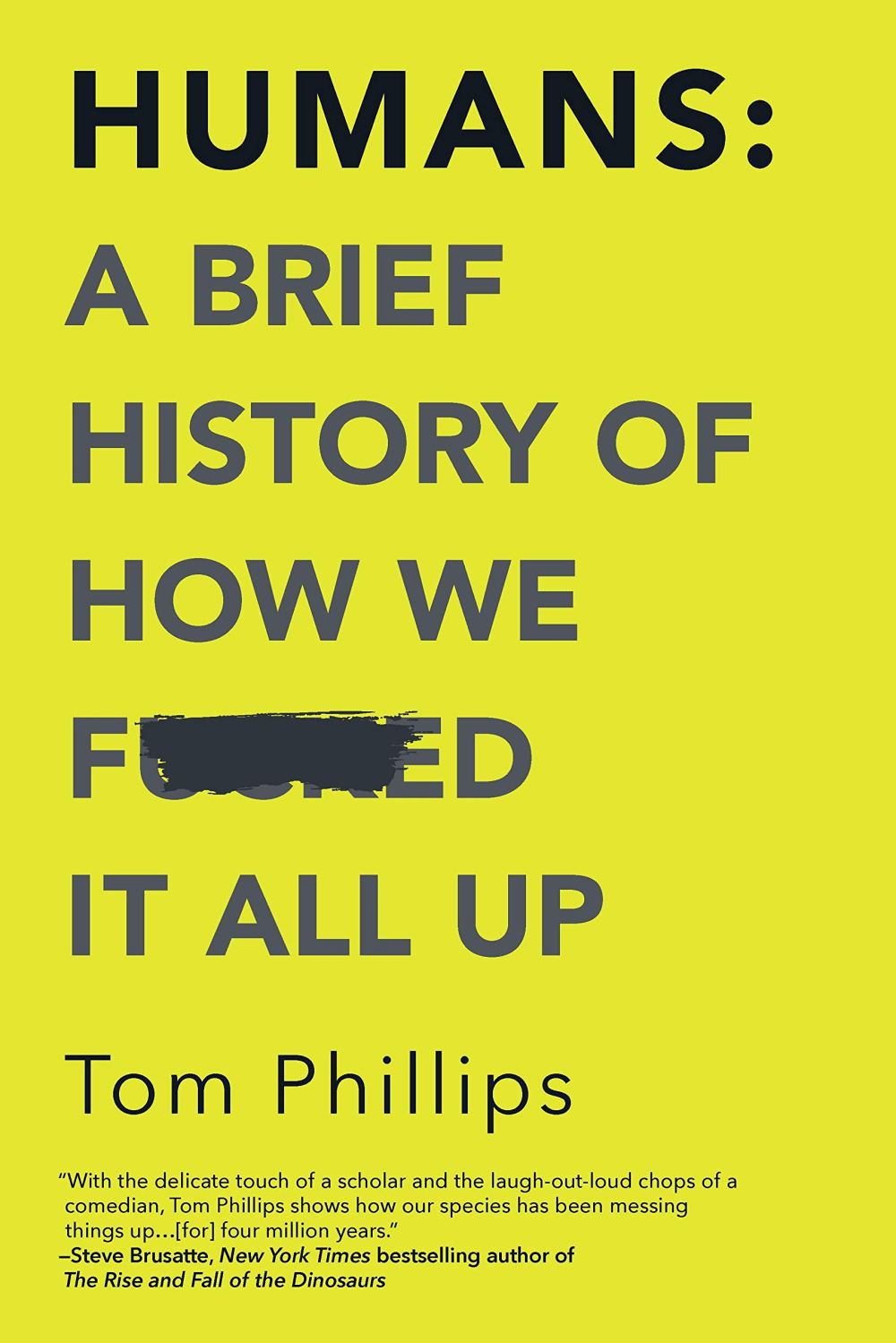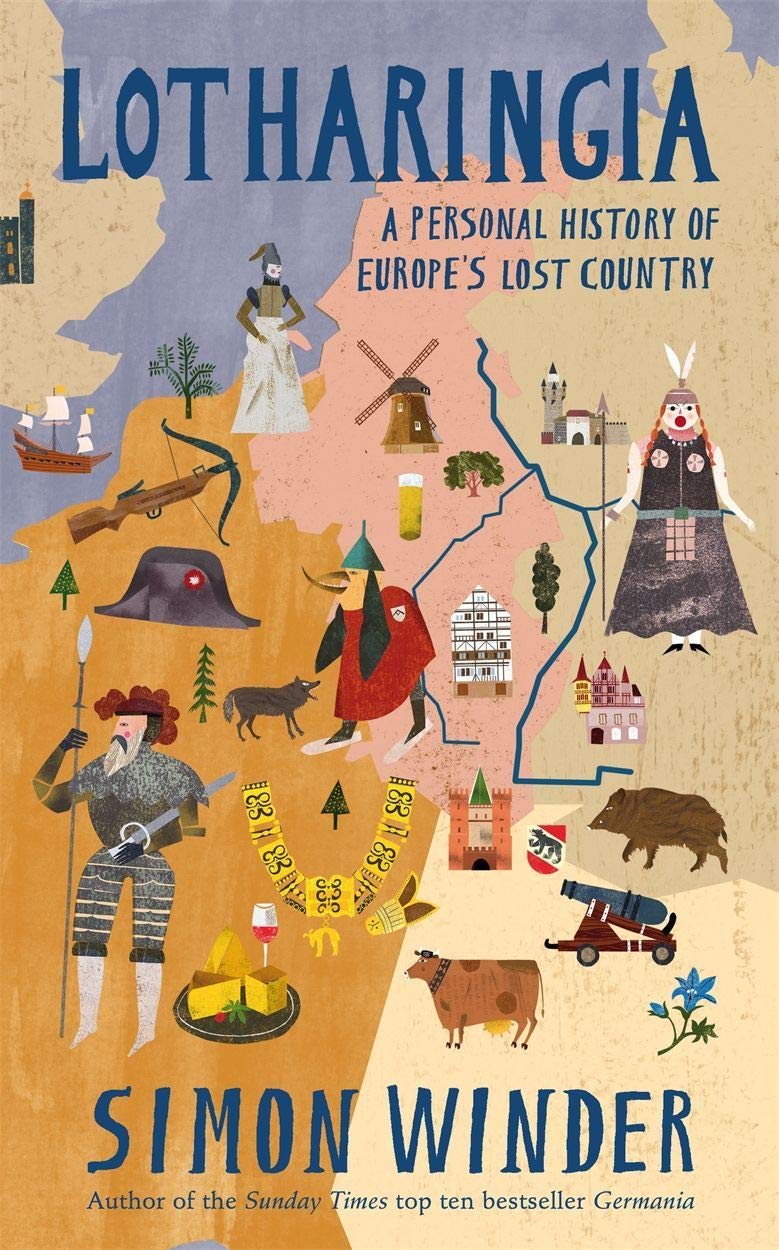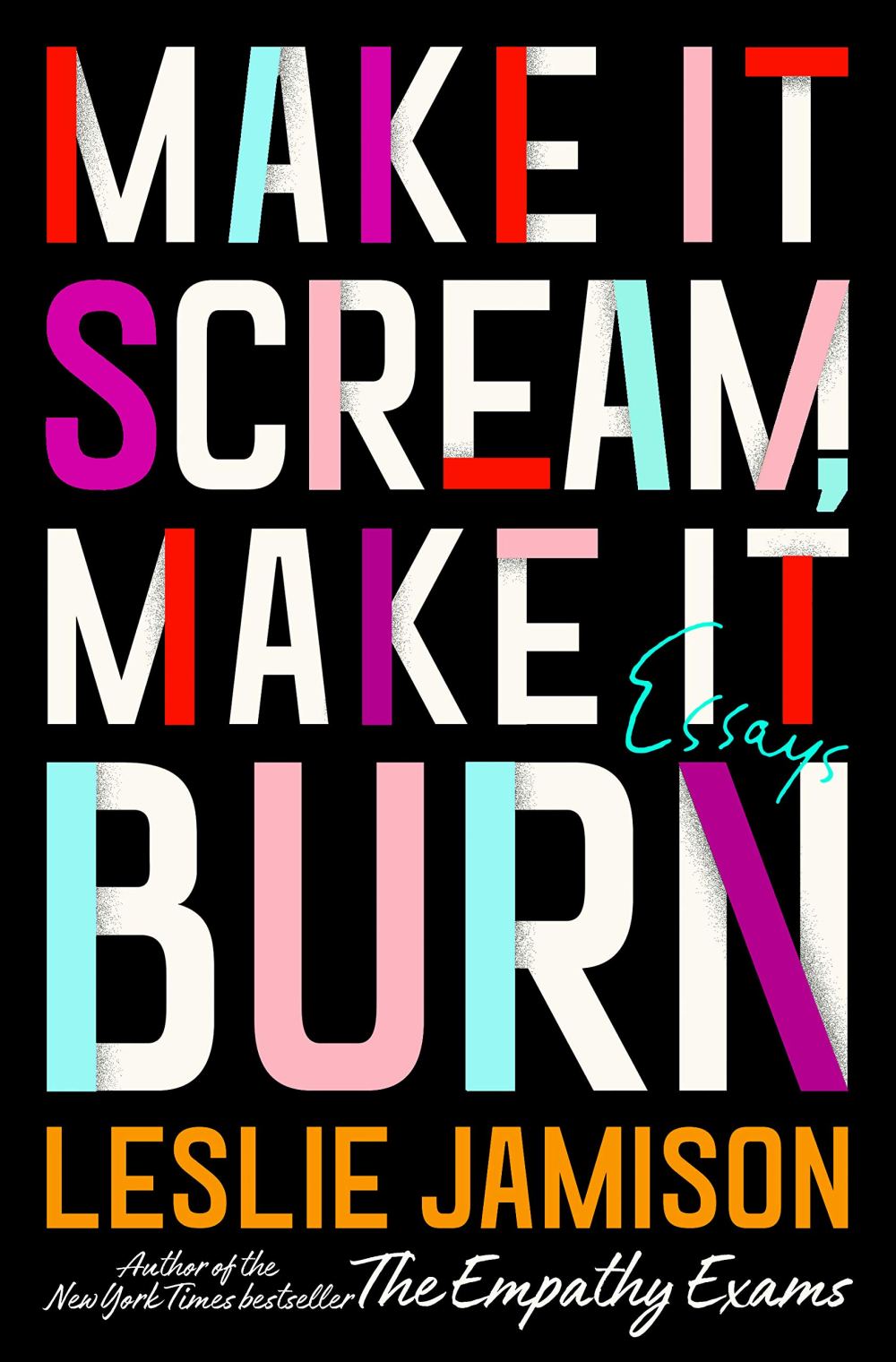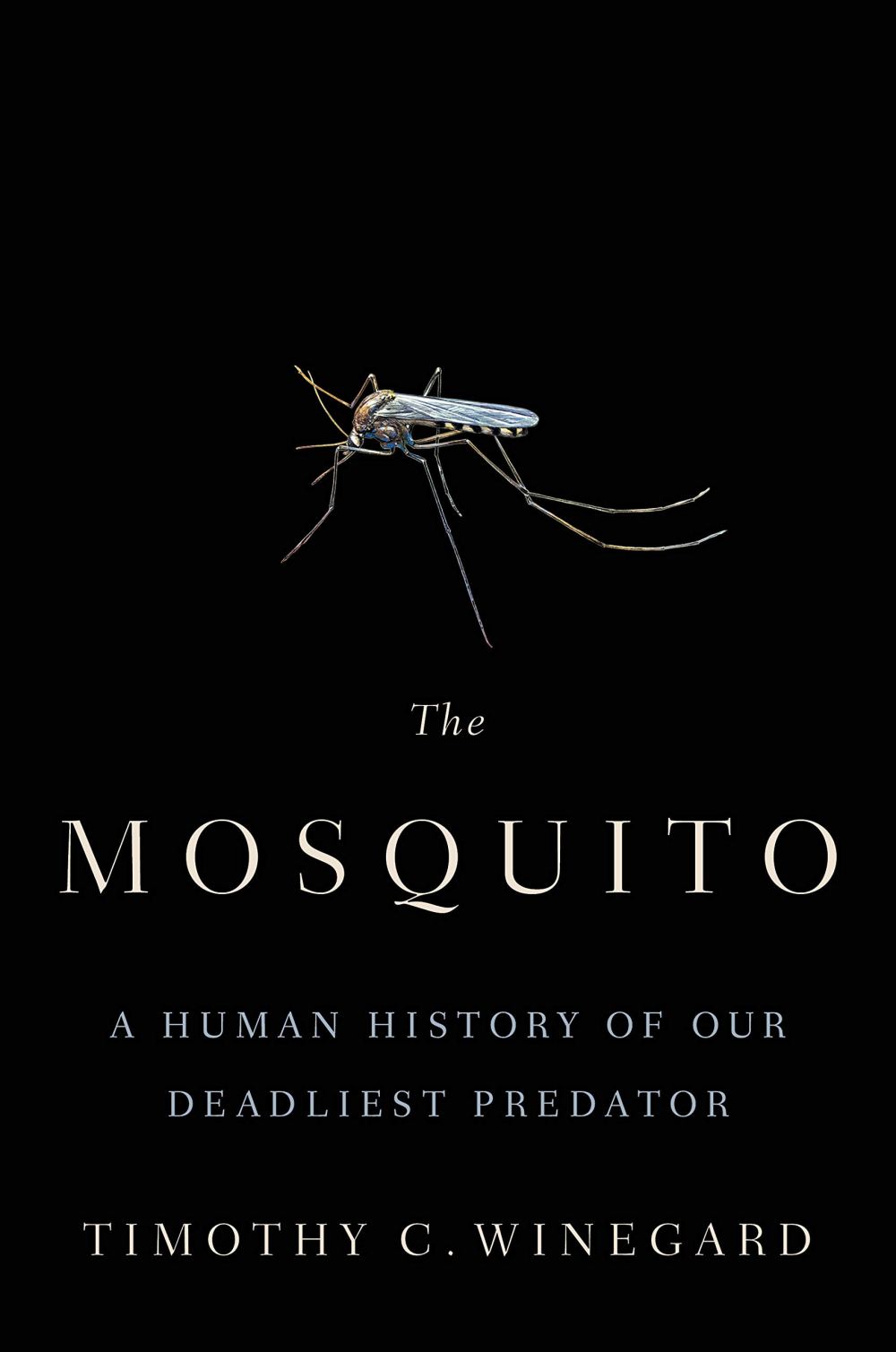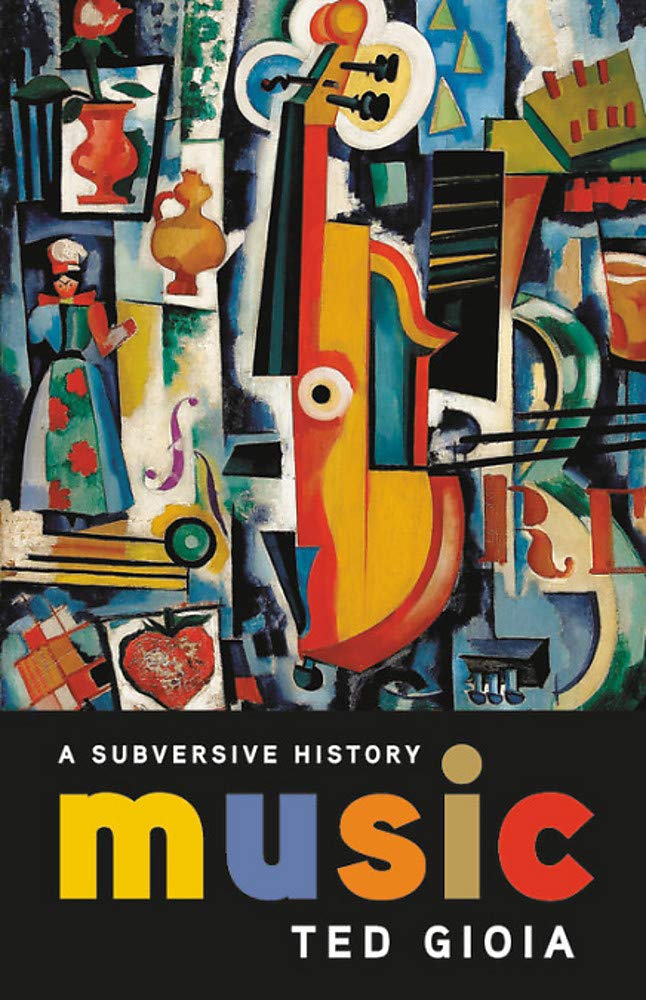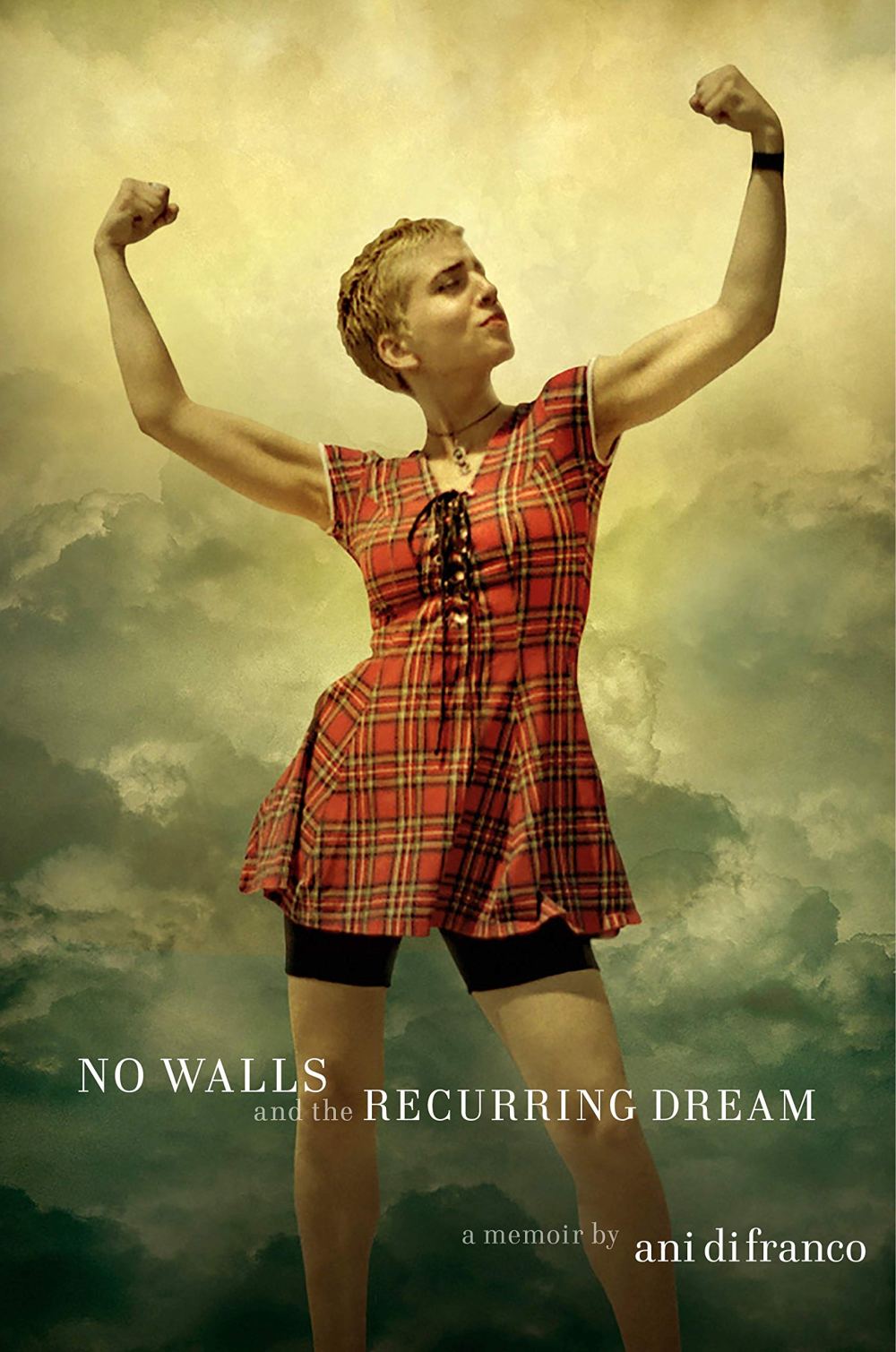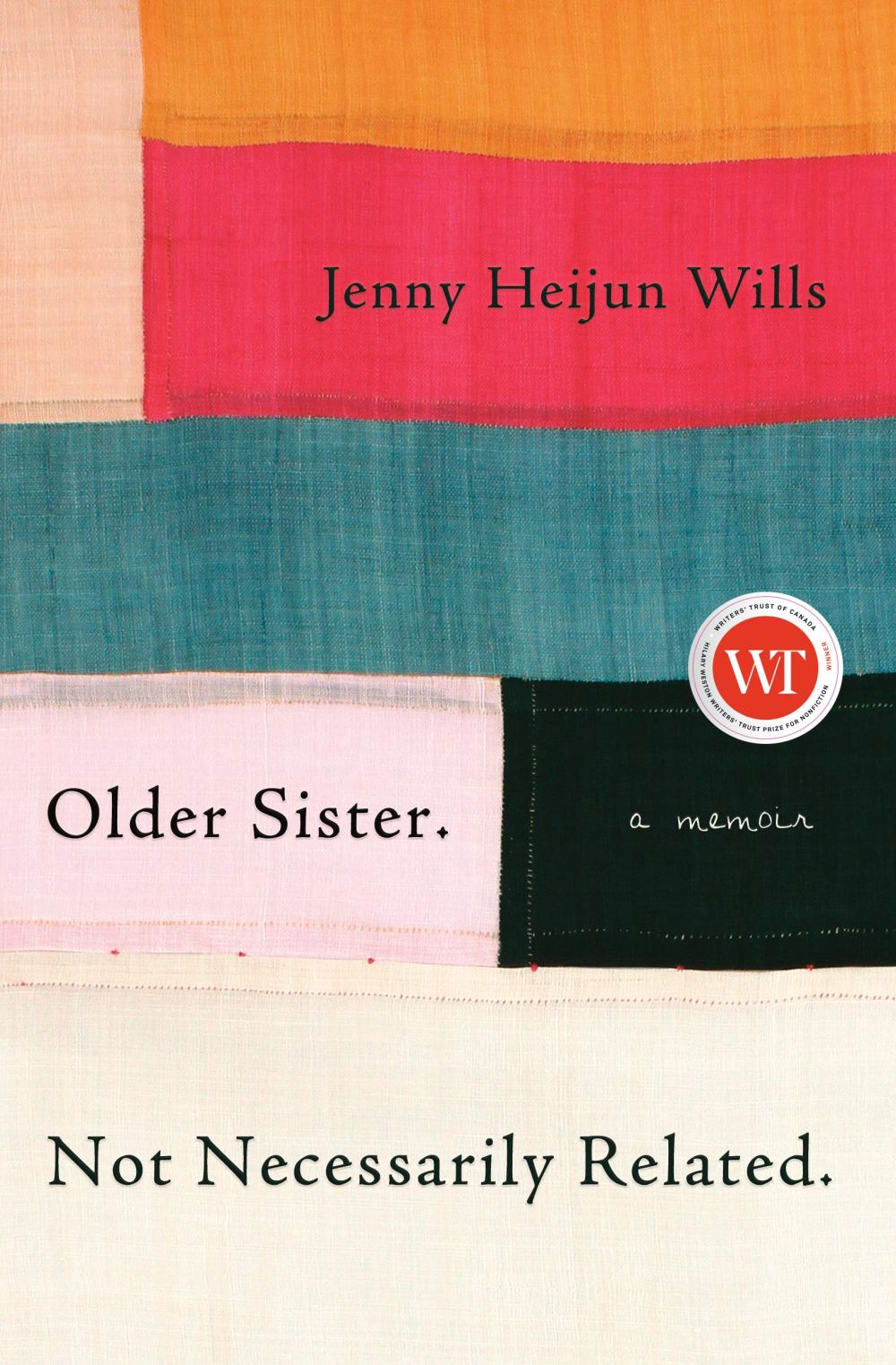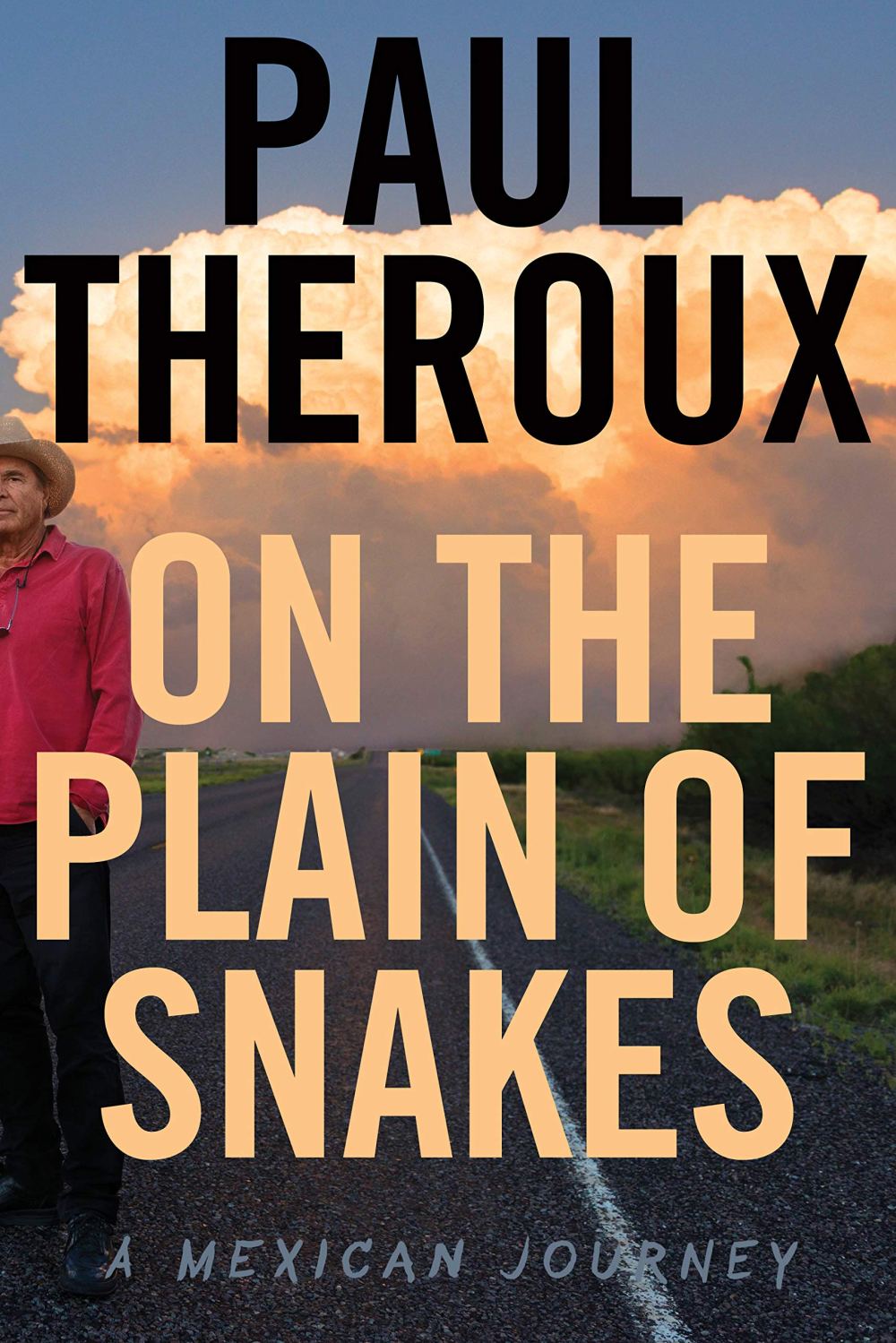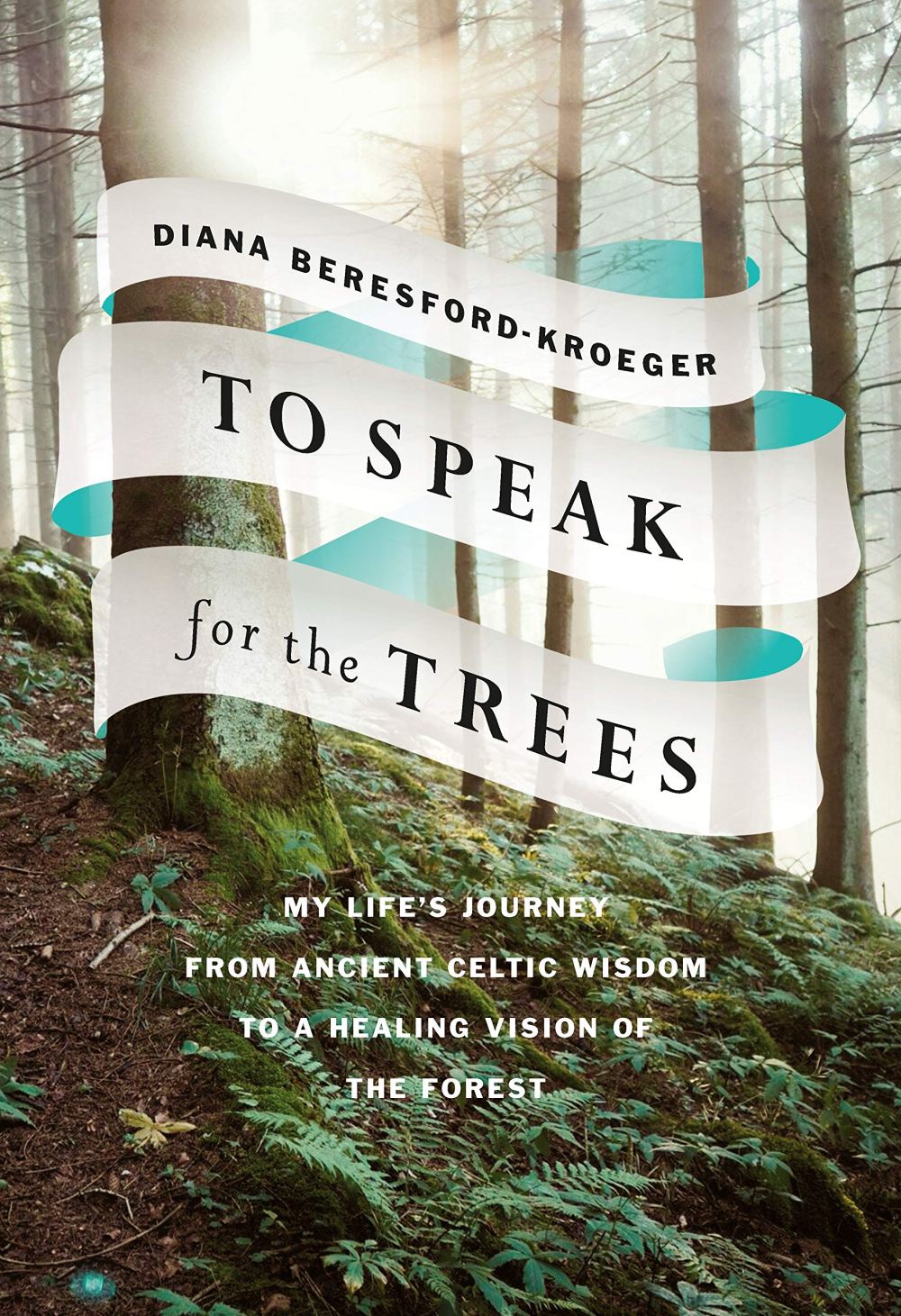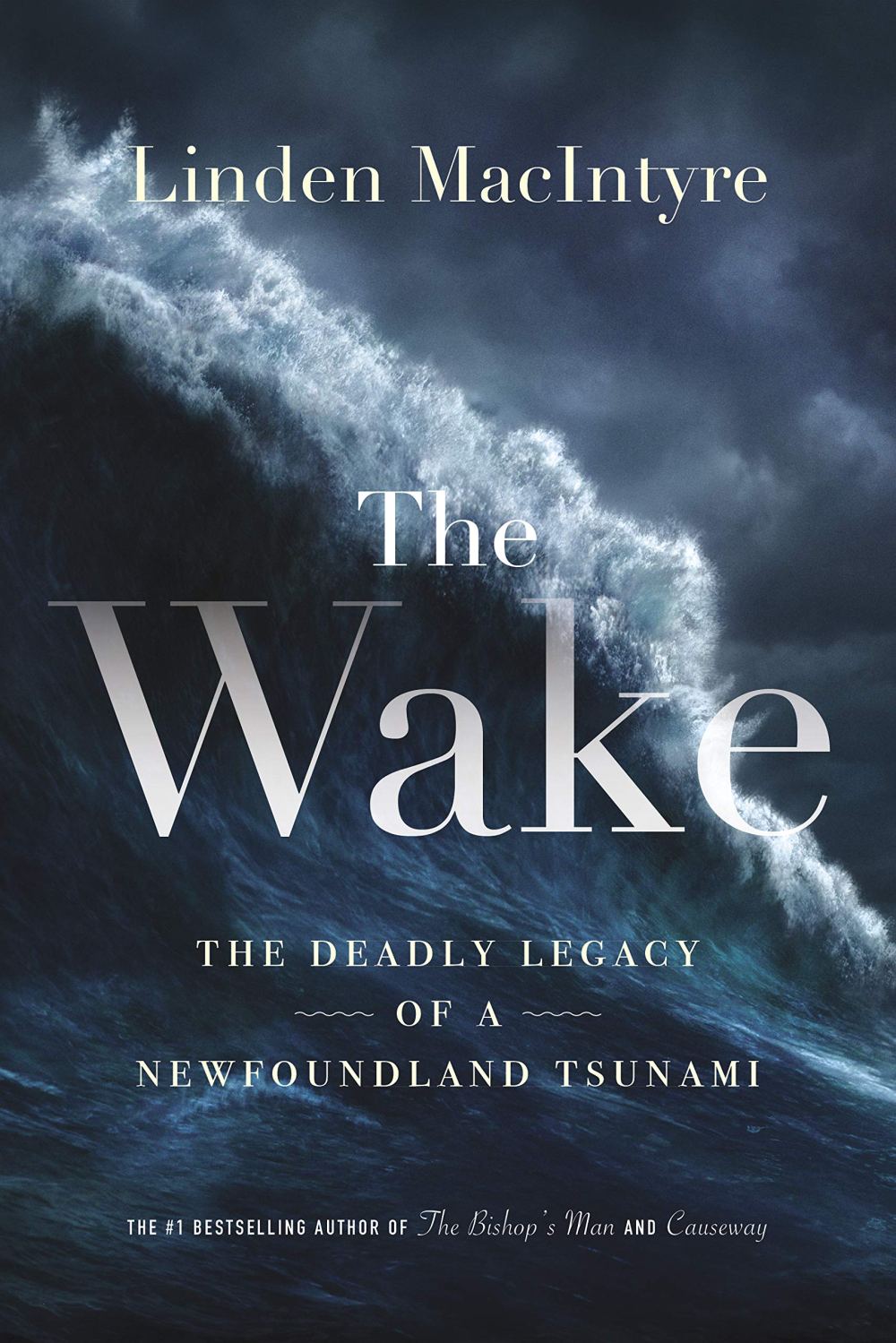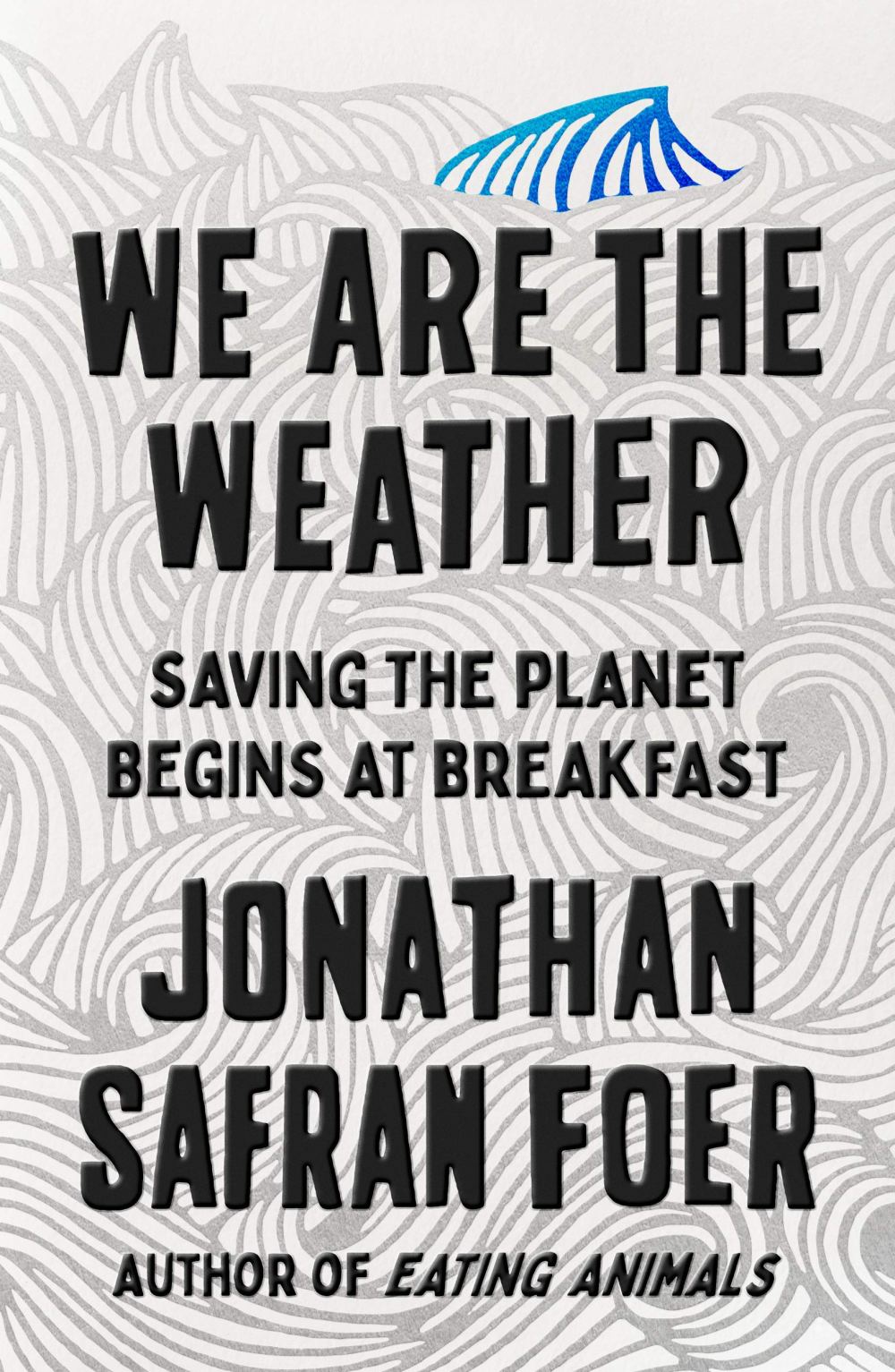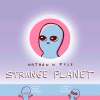Defining chapters
Free Press reviewers pick their best fiction, non-fiction and more for 2019
Advertisement
Read this article for free:
or
Already have an account? Log in here »
To continue reading, please subscribe:
Monthly Digital Subscription
$0 for the first 4 weeks*
- Enjoy unlimited reading on winnipegfreepress.com
- Read the E-Edition, our digital replica newspaper
- Access News Break, our award-winning app
- Play interactive puzzles
*No charge for 4 weeks then price increases to the regular rate of $19.00 plus GST every four weeks. Offer available to new and qualified returning subscribers only. Cancel any time.
Monthly Digital Subscription
$4.75/week*
- Enjoy unlimited reading on winnipegfreepress.com
- Read the E-Edition, our digital replica newspaper
- Access News Break, our award-winning app
- Play interactive puzzles
*Billed as $19 plus GST every four weeks. Cancel any time.
To continue reading, please subscribe:
Add Free Press access to your Brandon Sun subscription for only an additional
$1 for the first 4 weeks*
*Your next subscription payment will increase by $1.00 and you will be charged $16.99 plus GST for four weeks. After four weeks, your payment will increase to $23.99 plus GST every four weeks.
Read unlimited articles for free today:
or
Already have an account? Log in here »
Hey there, time traveller!
This article was published 21/12/2019 (2186 days ago), so information in it may no longer be current.
FICTION
Clyde Fans
By Seth
The Guelph-based cartoonist’s collected long-running series about brothers Abe and Simon Matchcard, who struggle to keep the crumbling family fan business afloat as the times change, is a moving, intimate portrayal of sibling and middle-class struggle set in a richly drawn urban landscape.
—Ben MacPhee-Sigurdson
The Dragonfly Sea
By Yvonne Adhiambo Owuor
Surpassing even her stunning 2014 debut, Dust, Yvonne Adhiambo Owuor’s new novel confirms her as one of the most significant voices in African fiction. Based on the story of a young Kenyan woman who was chosen to be an emissary to China, the novel is sometimes a poetic meditation on home and homelessness, sometimes a page-turner as Ayaana searches for a father and seeks love.
—Reinhold Kramer
Five Wives
By Joan Thomas
Winnipegger Joan Thomas retells the story of “Operation Auca,” the ill-fated 1955 attempt of five American missionaries to convert the previously-uncontacted Waorani indigenous group. Thomas pulls no punches depicting the damage the missionary community wreaked in Ecuador, but her focus is the missionary women left behind. It’s a terrifically interesting and often moving read, further proof that Thomas is only going from strength to strength.
—Julienne Isaacs
Ghosts
By David A. Robertson
Mischief and monsters abound in Ghosts, as Cole Harper returns once again to Wounded Sky First Nation, this time with a plan to save his community from a mysterious plague and a rampaging creature. Following Monsters and Strangers, this final installment of David A. Robertson’s exciting young-adult Reckoner trilogy is a fun, action-packed romp that any fan of superhero origin stories will enjoy.
—Nyala Ali
Grand Union: Stories
By Zadie Smith
The exhaustingly brilliant British writer continues what appears to be her ambitious quest to be all things to all readers. The 19 stories here, 11 of them new, run the gamut of style, voice, genre and character.
—Morley Walker
The Huntress
By Kate Quinn
A British war correspondent, an American teen and an ace aviatrix who fought in the first all-female regiment of Soviet bomber pilots all band together to catch an infamous Nazi, known as the Huntress. History and fiction are seamlessly intertwined in Kate Quinn’s latest, an electrifying read from beginning to end.
—Katrina Sklepowich
I Saw Three Ships: West End Stories
By Bill Richardson
Richardson’s collection of short stories detail the lives of Vancouver’s West End residents just prior to local gentrification that destroyed what were affordable apartment blocks. The rag-tag crew of memorable characters are depicted in a humorous way that points out their flaws and foibles in a loving manner.
—Andrea Geary
Imaginary Friend
By Stephen Chbosky
For his second novel, The Perks of Being a Wallflower author Stephen Chbosky enters the horror genre with a lot of ambition and promise. Coming 20 years after his last book, Imaginary Friend recalls classic Stephen King and, maybe even more so, the King-inspired TV series Stranger Things. It’s imaginative, fun and at times genuinely creepy.
—Alan MacKenzie
The Innocents
By Michael Crummey
The plight of Ada and Evered, brother-and-sister orphans in a desolate northern Newfoundland harbour in the 18th century, sounds like bleak fictional fodder. But in Crummey’s capable hands it becomes a delicate, poetic, wind-swept coming-of-age story of siblings who rely on each other for more than just survival.
—Ben MacPhee-Sigurdson
Lampedusa
By Steven Price
Award winning poet and Giller-nominated novelist Steven Price is in love with loss, and reading his latest novel set on the island of Sicily in the 1950s is like reading to Mahler’s Death in Venice. The older the reader, the deeper chord the novel will strike, as its principal character Tomasi comes to realize “he had watched the sweet world of the belle époque vanish, though the old families could not see it.”
—Ron Robinson
The Laws of the Skies
By Gregoire Courtois
The Laws of the Skies is a beautiful, amoral masterpiece. It achieves the dream of the horror story, the dream so few stories achieve: to hurt its readers, to threaten their ideas about the world, themselves and the goodness of stories.
—Jonathan Ball
The Most Fun We Ever Had
By Claire Lombardo
The Most Fun We Ever Had is a lovely debut work of fiction about a long and loving marriage and four sisters who constantly disappoint, resent, support and rejoice in one another. Although there are a couple of minor missteps in plotting, the prose is eloquent, the sentiments are genuine and the dialogue consistently rings true. The end result is an absorbing and thoughtful novel about the promise, power and potential of family love.
—Sharon Chisvin
Night Boat to Tangier
By Kevin Barry
Irish author Kevin Barry’s third novel, Night Boat to Tangier, is a brilliant look at the souls of two wicked men, told with humour, terror and a deft hand at description, but more importantly a moral sharpness.
—Chris Smith
Ninth House
By Leigh Bardugo
Who better to give Yale University’s real-life secret societies a magical, haunting twist than Yale alumna and acclaimed fantasy writer Leigh Bardugo? Inspired by her time in college, Bardugo’s creepy and cool Ninth House is packed with sorcery and mystery. It’s also this year’s Goodreads Choice for Fantasy.
—Katrina Skleopwich
Normal People
By Sally Rooney
It’s billed as a millennial coming-of-age novel and, though the protagonists are Irish, their preoccupations and activities could easily be those of young people in Minneapolis or Winnipeg. Rooney’s matter-of-fact narrative clearly demonstrates that “normal people” are all different, not only in the way they appear but in the way they try to be and the way they really are.
—Dave Williamson
On Earth We’re Briefly Gorgeous
By Ocean Vuong
Ocean Vuong’s heartbreaking and lyrical first novel takes the form of an extended letter, urgently told, from Little Dog to his illiterate mother. His exploration of the trauma that surviving the Vietnam War inflicted on their famiy connects to a coming of age story in which class, sexuality, masculinity and race intersect in tragic ways.
—Melanie Brannagan Frederiksen
The Overstory
By Richard Powers
American novelist Richard Powers speaks for the trees in this ambitious environmentalist opus, which won the 2019 Pulitzer Prize for Fiction. An issue novel packed with scientific info, The Overstory can be earnest and awkward. But by its impassioned end, its interconnected ideas and emotions have sent down deep roots.
—Alison Gillmor
Pugg’s Portmanteau
By D.M. Bryan
Bryan’s charming novel-in-stories brings to life scenes and characters from William Hogarth’s art prints about life in 18th century London; in fact, a few tales are written in the voice of his canine companion. As well, the narrative incorporates storytelling techniques and formats reminiscent of those pioneered in British novels of the same era.
—Bev Sandell Greenberg
The Quintland Sisters
By Shelley Wood
Three parts fact plus one part fiction equals a delicious bit of storytelling, as Kelowna journalist Shelley Wood explores the birth and early childhood years of Canada’s famed Dionne quintuplets. The five identical girls, born in 1934 in Corbeil, Ont., were the first quints known to survive infancy. Wood uses archived newspaper stories and the fictionalized journal entries of a young nursing assistant to give her debut novel legs, leaving readers to decide who are the bad guys and the good guys in this historic Canadian saga.
—GC Cabana-Coldwell
Radicalized
By Cory Doctorow
No prior volume has so perfectly encapsulated who Doctorow is or what he thinks we should be worrying about as this one does. From police racism to U.S. health care to vulture capitalism (in the form of proprietary bread for toasters!), these four novellas tread in themes and narratives that are among the sci-fi author’s darkest, but thankfully it only half meets the promise of its dystopian tag line, burying a small kernel of hope at the centre of each tale.
—Joel Boyce
Rain and Other Stories
By Mia Cuoto
Rain and Other Stories is Mia Cuoto’s response to the civil war in Mozambique and its aftermath. The 26 short stories written in the form of prose poems in the collection are a magnificent rebuke to war’s barbarity and an almost magical paean to how a society and its people can transform life itself. Riveting and challenging, with astonishment for the reader on almost every page.
—Rory Runnells
Red, White & Royal Blue
By Casey McQusiton
It’s 2019 and in an alternate reality, the United States has its first woman president. In the months leading up to potential re-election, her son — the “First Son of America” — falls in love with the Prince of Wales. What ensues is part love story, part political drama and part social commentary. Readers will find themselves rooting for these star-crossed lovers as they navigate their futures in worlds that might not be ready to accept who they are.
—Nisha Tuli
Season of Fury and Wonder
By Sharon Butala
Prairie writer Sharon Butala delves into the lives of older women in this slim volume of short stories. Rich in imagination and imbued with wisdom, the stories are an intelligent, important exploration of this stage of life.
—Cheryl Girard
NON-FICTION
A Diminished Roar: Winnipeg in the 1920s
By Jim Blanchard
The Winnipeg General Strike made this city famous, but the 1920s were just as important, as residents struggled through an economic depression. Blanchard’s latest book gives a fascinating look at a decade that included hard times but also the completion of both the Manitoba Legislature and Memorial Boulevard.
— Susan Huebert
A Marvelous Life: The Amazing Story of Stan Lee
By Danny Fingeroth
Fingeroth takes fans on a compelling journey through the early days of the comic industry and the establishment of the Comics Code Authority to the birth of Marvel’s biggest characters and their reign at the box office today, all through the eyes of Stan Lee, who never lost his boyish enthusiasm until his death at 95 in 2018.
— Alan MacKenzie
Agents of Influence: A British Campaign, a Canadian Spy, and the Secret Plot to Bring America Into World War II
By Henry Hemming
If you think you know everything there is to know about the Winnipeg Spymaster William Stephenson, you are dead wrong. Using a family connection, recently released information and extensive research, Hemming reveals Stephenson’s crucial importance in tipping isolationist America into the war, how he guided the creation of what we now know as the CIA, and that fake news is nothing new. History in a page-turning thriller style; a TV series is being planned.
— Ron Robinson
All the Ghosts in the Machine: Illusions of Immortality in the Digital Age
By Elaine Kasket
Psychologist Elaine Kasket explores how social media allows us to be present to others after we die, the extent to which we can control this presence after we die and the effects our digital legacy might have on those we loved. In this moving, empathetic and sometimes profound investigation, Kasket argues that instead of compulsively documenting our lives — and those of our children — we should instead be more concerned with living lives of meaning.
— Michael Dudley
Beyond the Noise of Solemn Assemblies: The Protestant Ethic and the Quest for Social Justice in Canada
By Richard Allen
Fortunately this influential social historian and thinker, Richard Allen, left a parting gift prior to his passing earlier this year in the form of a series of carefully selected essays on topics ranging from Christian theology, the sociologist Max Weber, social reform, the social gospel, Prairie populism and biographies of early social reformers. The volume, as well as each essay, contains a newly written introduction by the author.
— Christopher Adams
The Body: A Guide for Occupants
By Bill Bryson
The Body is a worthy addition to Bill Bryson’s excellent, uh, body of work. It melds education with entertainment in a thoroughly engaging account, easily readable and accessible to the lay reader in spite of sophisticated discourse on terminology and statistics which could be daunting.
— Bill Rambo
Daughter of Family G: A Memoir of Cancer Genes, Love and Fate
By Ami McKay
This frank, compelling story examines Lynch syndrome, a genetic predisposition to cancer present in the author’s genealogy. A thought-provoking eye-opener, the memoir sheds light on research data and changes in medical attitudes, at the same time portraying keenly-imagined family vignettes and chronicling McKay’s own emotional journey.
— Bev Sandell Greenberg
Dominion: How the Christian Revolution Remade the World
By Tom Holland
Ranging broadly over 2500 years of history, but with an eye for a telling story, Dominion shows how Christianity, for good reason, wrecked classical ideals. Ranging from the courageous slave girl Blandina in the second century to John Lennon, #MeToo and Angela Merkel’s refugee policy, Tom Holland’s book is readable and at times surprising.
— Reinhold Kramer
Don’t Try This at Home: One Family’s (Mis)adventures Around the World
By Daria Salamon and Rob Krause
Winnipeg parents, travellers and authors Daria Salamon and Rob Krause picked an apt title for their gap year book. Their dual retelling of their unique family adventure is a funny, frantic and heartfelt glimpse into the road less travelled.
— Deborah Bowers
For the Love of Men: A New Vision of Mindful Masculinity
By Liz Plank
This truly timely primer on why smashing the patriarchy is not about tearing down men, but instead the toxic structures that destroy all humane human interaction, should top anyone’s best-of list. Plank pivots gracefully between solid stats and heartwreching personal stories to create a universal approach to healing emotional pain and the violence it can unleash — an approach that just might heal the world.
— Lara Rae
The Force: The Legendary Special Ops Unit and WWII’s Mission Impossible
By Saul David
While author Saul David rightly celebrates the heroism of the Force, he never loses sight of the grimness and tragedy of war. His account brings wartime experience — the gruelling training, the ferocity of combat — vividly to life with an immediacy that is breathtaking.
— Graeme Voyer
Highballer: True Tales from a Treeplanting Life
By Greg Nolan
Nolan entertains with stories of his adventures and misadventures during the 27 years he spent as a tree planter and planting contractor in northern B.C. and Alberta. From being terrorized by mammoth grizzlies to enduring severe weather conditions while stuffing that last seedling in the ground to being in awe of the natural beauty around him, Nolan offers an insight into a Canadian industry that most will never experience.
— Andrea Geary
Horizon
By Barry Lopez
Award-winning author Barry Lopez’s memoir is one to be read slowly, to be pondered and savoured and returned to — often. It’s a deep, wise, essential book for anyone interested in world travel, other cultures, the environment and the future of the human race. A real treasure, it’s worthy of a special place on any bookshelf.
— Gene Walz
Humans: A Brief History of How We F*cked It All Up
By Tom Phillips
If any book could be an exposition of the “Epic Fail” meme, this might be the front runner. Phillips dances through history, highlighting some of the most awful results of human shortsightedness. He notes: “Our desire to understand the world and discern patterns in it means we spend quite a lot of our time convincing ourselves that the world works a certain way, when in fact it absolutely doesn’t work like that.”
— Chris Rutkowski
Lotharingia: A Personal History of Europe’s Lost Country
By Simon Winder
This is the third of Simon Winder’s eccentric and entertaining histories of Europe. In Germania he delved into the past of the collection of states that became modern Germany; in Danubia he traced the Habsburg family’s tenure as Europe’s Holy Roman Emperors. This volume gives the same treatment to the states that lie between the French and German power blocs and their struggles to remain independent. His books are funny but endlessly detailed, perfect for lovers of little-known facts, and for tourists who yearn for more detail about the mad kings who built all those castles.
— Jim Blanchard
Make It Scream, Make It Burn: Essays
By Leslie Jamison
Author of last year’s impressive The Recovering on alcohol addiction, Jamison has pulled together an equally impressive collection of her essays, most of which originally appeared in magazines. Her wonderful variety of subject matter, her beautiful writing and her candid glimpses of her own turbulent life make this a must-read for anyone.
— Dave Williamson
The Mosquito: A Human History of Our Deadliest Predator
By Timothy C. Winegard
I used to kill mosquitos with a book without thinking until I read this one. Having now been told in factual, fascinating and distressing detail that they’re the world’s oldest and worst serial killers, I am now dedicated to swatting them with relish.
— Barry Craig
Music: A Subversive History
By Ted Gioia
Music historian Ted Gioia wants to put the shameful back into the staid study of musical history, reminding readers that music evolved from sex and violence, that music made by “peasants and plebeians, slaves and bohemians, renegades and outcasts” was a better reflection of social life than the stiff respectability of classical music.
— Chris Smith
No Walls and the Recurring Dream: A Memoir
By Ani DiFranco
Even when not accompanied by her percussive style of guitar playing, Ani DiFranco’s words can be moving — heartbreaking at times, fun-loving at others, kind of like the impromptu patter she injects in between songs when she performs. This memoir is done the way the Buffalo, N.Y. DIY folk singer does everything: imperfectly and with a fierce sense of independence. It’s not a complete picture of her life, but a few precious glimpses into important moments along the way.
— John Lyttle
Older Sister. Not Necessarily Related.: A Memoir
By Jenny Heijun Wills
Chronicling her story as a transnational adoptee, Older Sister. Not Necessarily Related. finds Jenny Heijun Wills returning to Korea to reconnect with her biological parents and rediscover her personal history. The Winnipeg-based Wills earned the 2019 Hilary Weston Writer’s Trust Nonfiction Prize for this artfully crafted narrative full of uncomfortable truths and intricate, hopeful bonds.
— Nyala Ali
On The Plain Of Snakes: A Mexican Journey
By Paul Theroux
The U.S. ignoramus-in-chief has been tarring Mexicans as murders and rapists since lucking into office three years ago, demanding a wall be built at the U.S.-Mexico border to keep the vermin out. Famed travel writer Paul Theroux heard the rantings and decided to turn his legendary attention to finding the truth about Mexicans and Mexico. He found a poor nation rich in everything Donald Trump can’t even comprehend, beginning with their humanity.
— Gerald Flood
Radical Medicine: The International Origins of Socialized Health Care in Canada
By Esyllt W. Jones
In Radical Medicine, the U. of M. prof illuminates the ideological and social underpinnings of medicare. It’s an absorbing explanation and a contemporary analysis of a system that became integral to the character of our country after it was adopted nation-wide in the 1960s. While we grumble about wait times and access to services, no one leaves the doctor’s office or the hospital worrying about where they’ll find the cash to pay for services rendered. Jones gives us the history as a guide to making it work better.
— Harriet Zaidman
That Will Never Work: The Birth of Netflix and the Amazing Life of an Idea
By Mark Randolph
In this polished page-turner of a business memoir, the co-founder of the juggernaut video streaming service Netflix recalls the business’s torturous early days. The results are readable, informative and inspirational.
— Morley Walker
Thirty Years of Failure: Understanding Canadian Climate Policy
By Robert MacNeil
Now that the debate between supporters of the environment and the energy industry has become vitriolic to the point of threatening national unity, we desperately need reliable information. A good place to start is MacNeil’s lucid, reasonably balanced guide to understanding the economic realities and political structures that have caused Canada’s climate policies to fail and what we can do about it.
— John K. Collins
To Speak for the Trees: My Life’s Journey from Ancient Celtic Wisdom to a Healing Vision of the Forest
By Diane Beresford-Kroeger
In her latest book, Canada’s world-renowned tree-hugger uses some big sticks to poke our collective conscience and prod us into saving our forests. We’re reminded that trees help us breathe, and their chemical compositions are duplicated in labs where ego-driven scientists regularly announce breakthroughs in treating a host of human illnesses.
— Joseph Hnatiuk
Truth in Our Times: Inside the Fight for Press Freedom in the Age of Alternative Facts
By David McCraw
The New York Times’ deputy general counsel has a big say in fulfilling that newspaper’s famous slogan: “All the News That’s Fit to Print.” His account of recent challenges to freedom of the press in the age of Donald Trump is a remarkable and engaging read.
— Douglas J. Johnston
The Undying: Pain, vulnerability, mortality, medicine, art, time, dreams, data, exhaustion, cancer, and care
By Anne Boyer
Boyer’s a massive talent who has constructed a boundary-breaking, genre-exploding, poetic meditation on cancer and illness.
— Jonathan Ball
Unfollow: A Memoir of Loving and Leaving the Westboro Baptist Church
By Megan Phelps-Roper
Few writers have more reason to flee their beginnings than Megan Phelps-Roper, whose memoir chronicles her life in and eventual departure from the notorious Westboro Baptist Church of Topeka, Kansas. In her clear-eyed commitment to the messy truth of her story, Phelps-Roper offers a new model of engagement, one which takes love — instead of outrage — as its primary motivator. Unfollow is a brave and beautiful book.
— Julienne Isaacs
The Vagina Bible: The Vulva and the Vagina – Separating the Myth From the Medicine
By Dr. Jen Gunter
Winnipeg-born and raised Dr. Jen Gunter is obstetrician, gynecologist and advocate for women’s health. In 2019, she used her growing celebrity (including her ubiquitous Twitter presence) to promote The Vagina Bible. Much of her “vagenda” involves debunking myths propagated by the patriarchy and the wellness industry.
— Deborah Bowers
The Wake: The Deadly Legacy of a Newfoundland Tsunami
By Linden MacIntyre
Ninety years ago, the southeast coast of Newfoundland was ravaged by a killer tsunami. But things slid from bad to worse over the ensuing decades as locals fought to balance their work and their health. Hundreds lost that war. Cape Breton journalist Linden MacIntyre drills down into this little-known Canadian tragedy. Told in his trademark down-home voice with kitchen-table insight, The Wake is MacIntyre at his storyteller best.
— GC Cabana-Coldwell
We Are the Weather: Saving the Planet Begins at Breakfast
By Jonathan Safran Foer
A followup of sorts to Eating Animals, the previous non-fiction work by novelist Foer (Everything Is Illuminated), this beautifully written book — which entwines environmental science and psychology and personal history — is a call to action that often feels more like poetry than polemic. Foer, a lapsed vegan, makes a compelling argument that eating less meat is the most important — and simplest — step individuals can take to help fight climate change; he’s so convincing, he may actually change your eating habits.
— Jill Wilson




